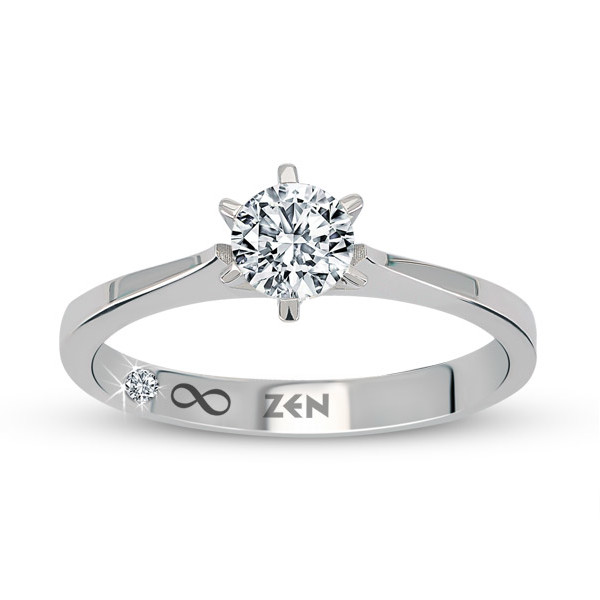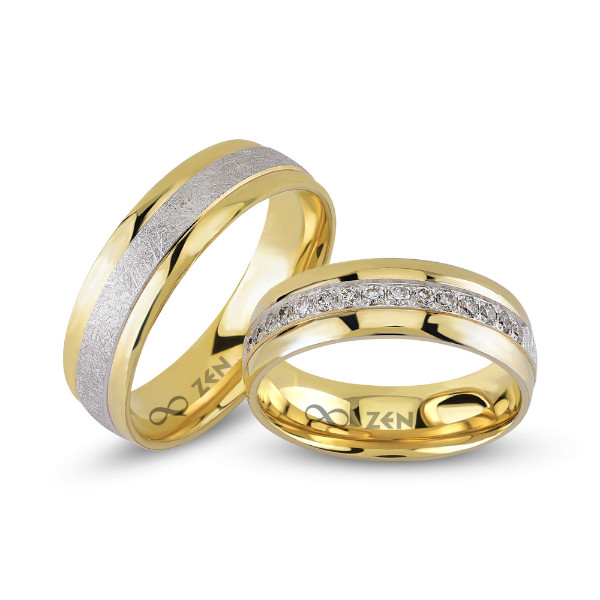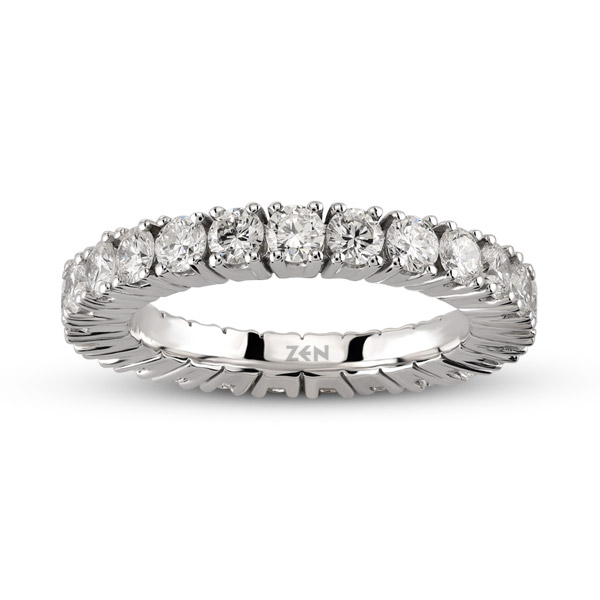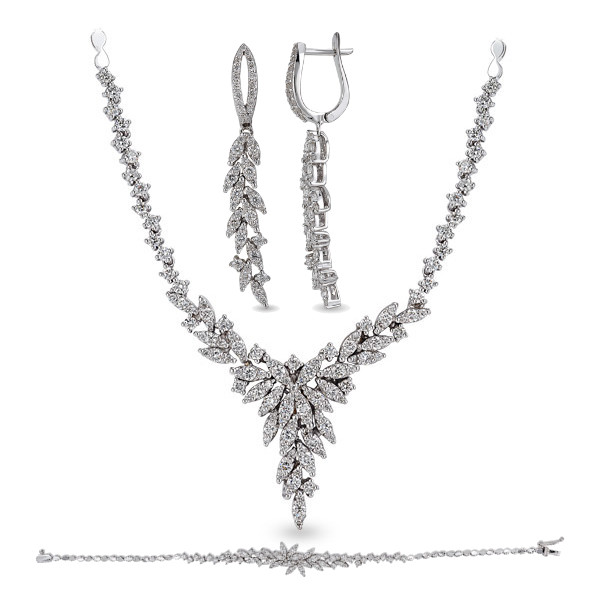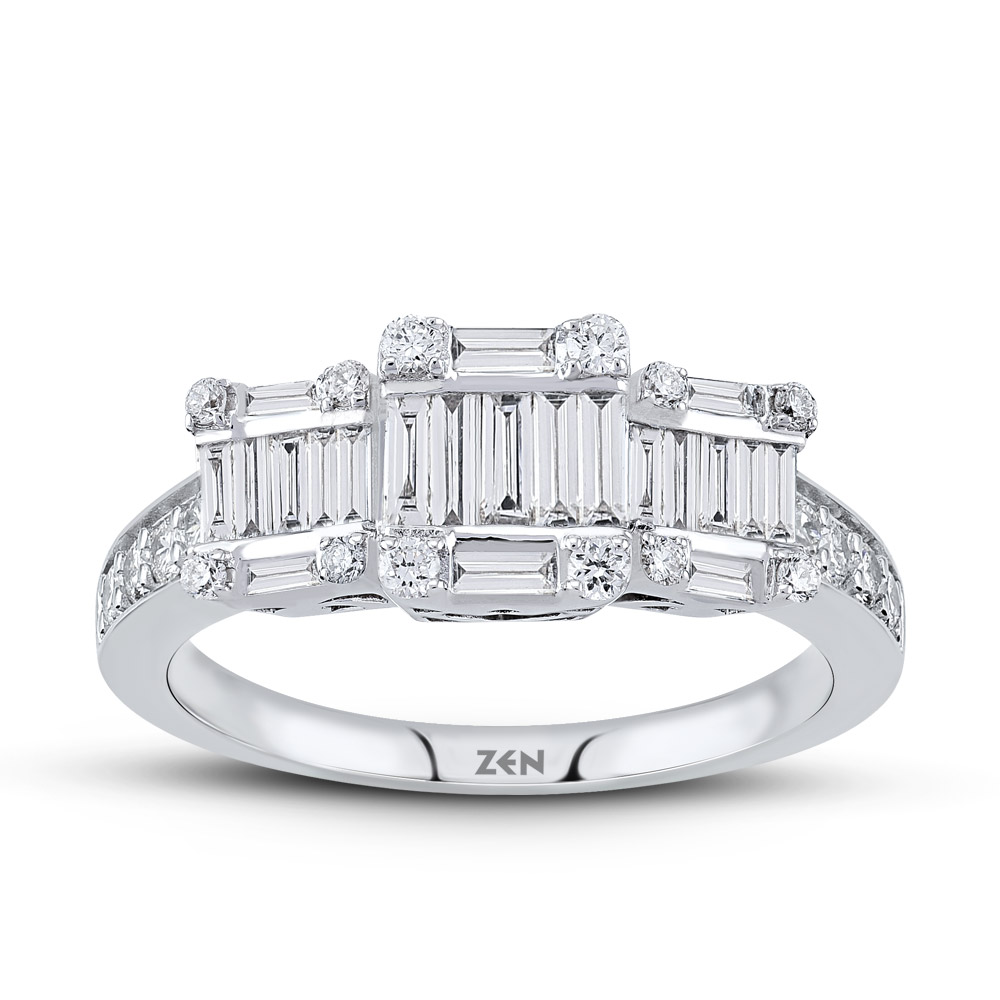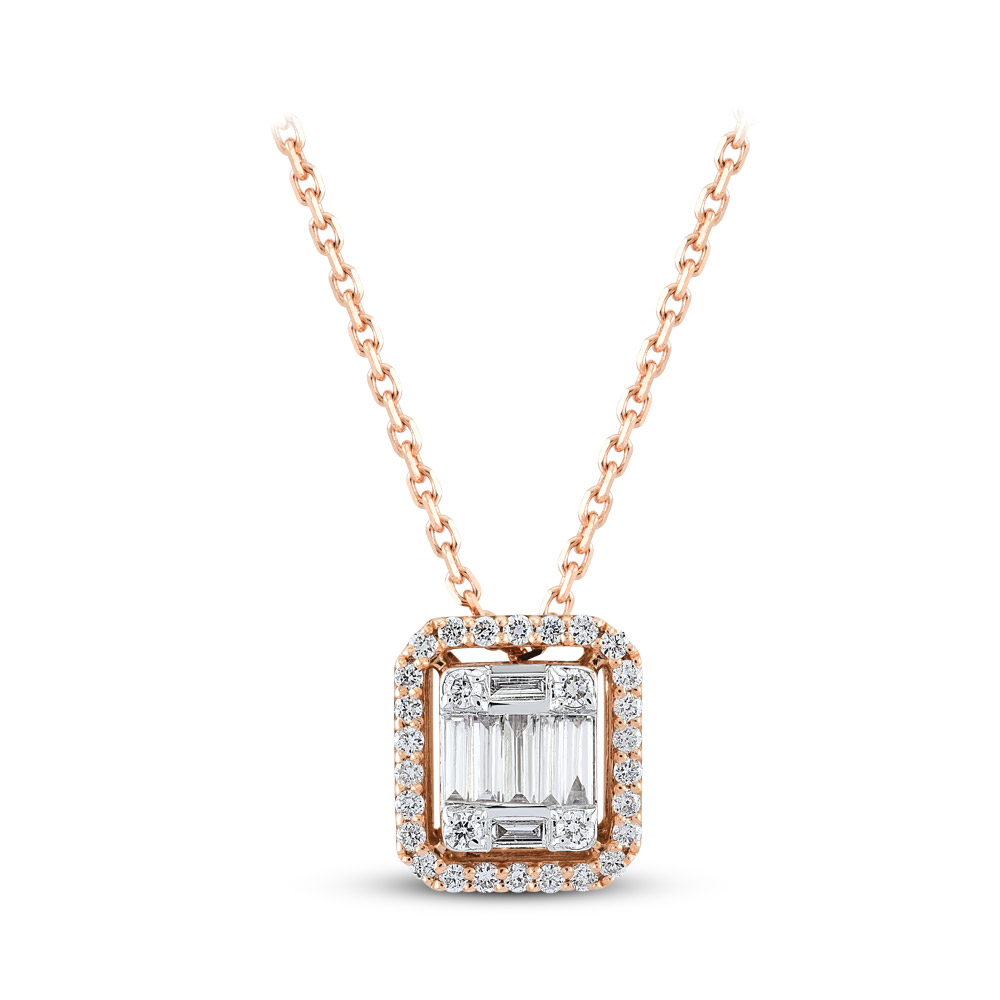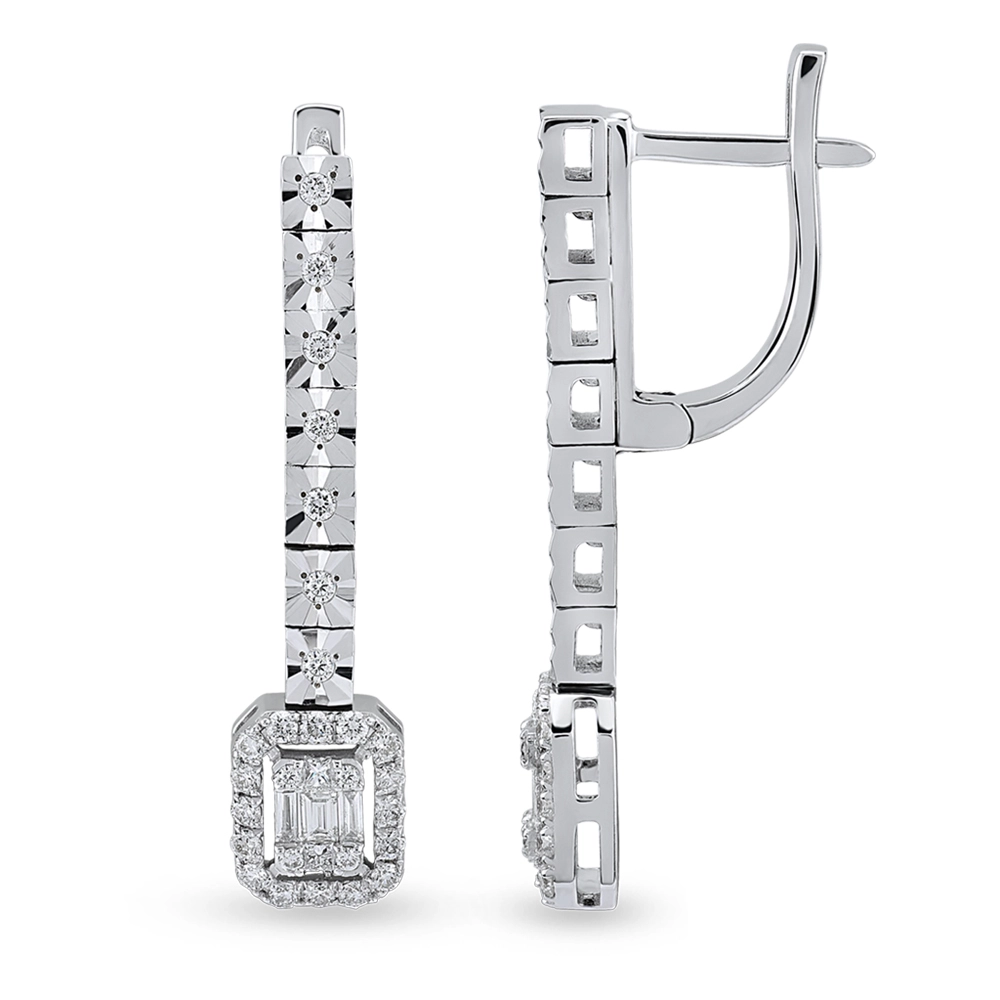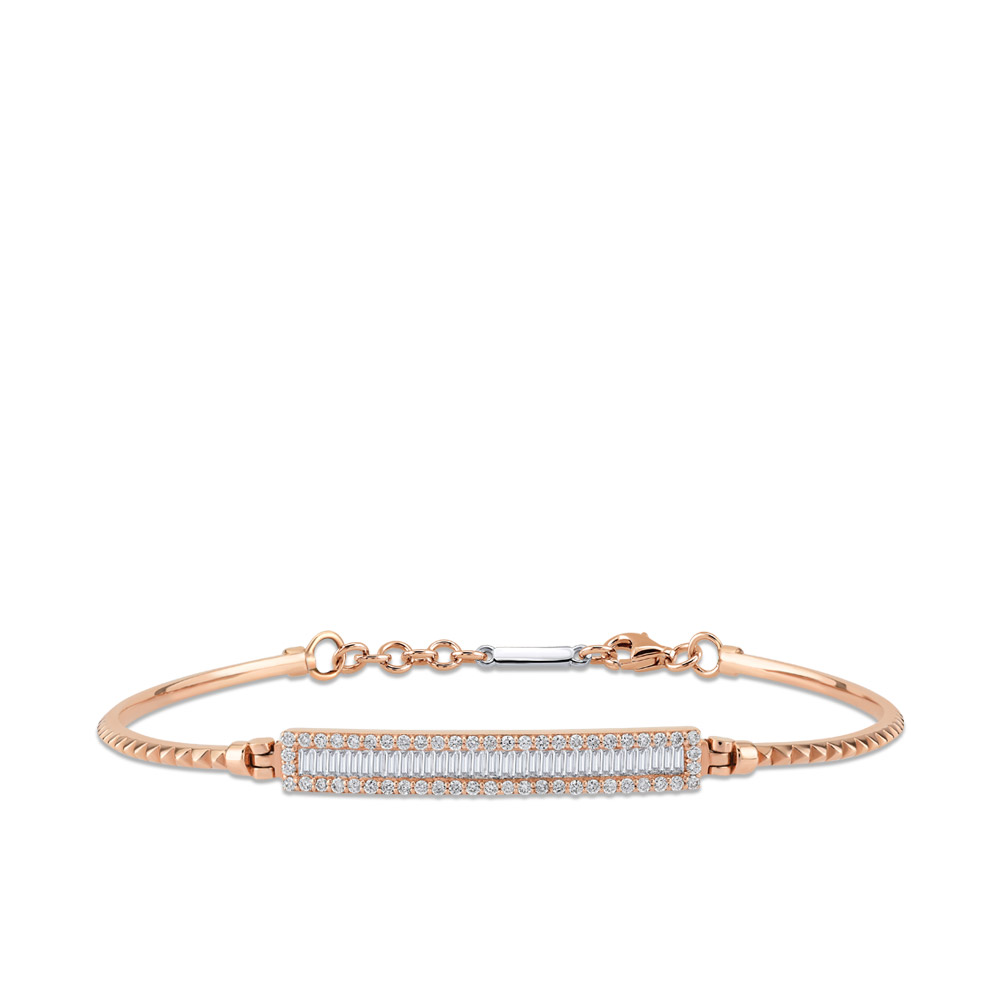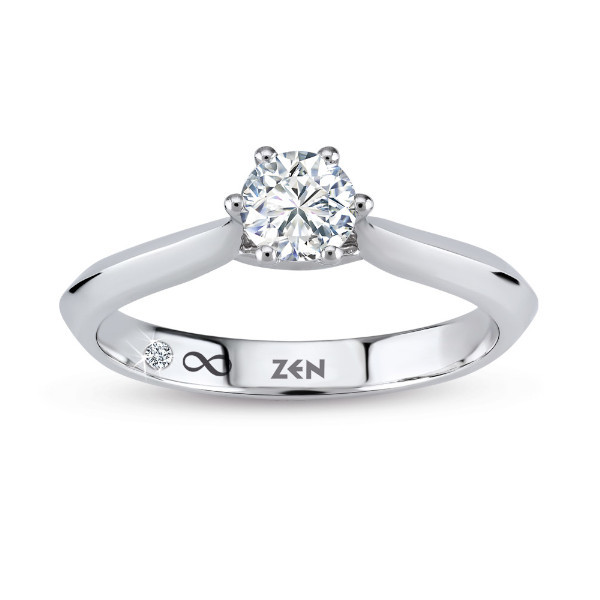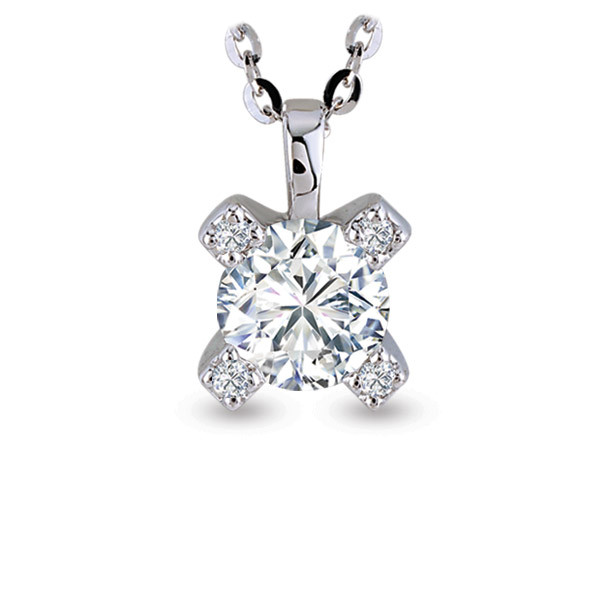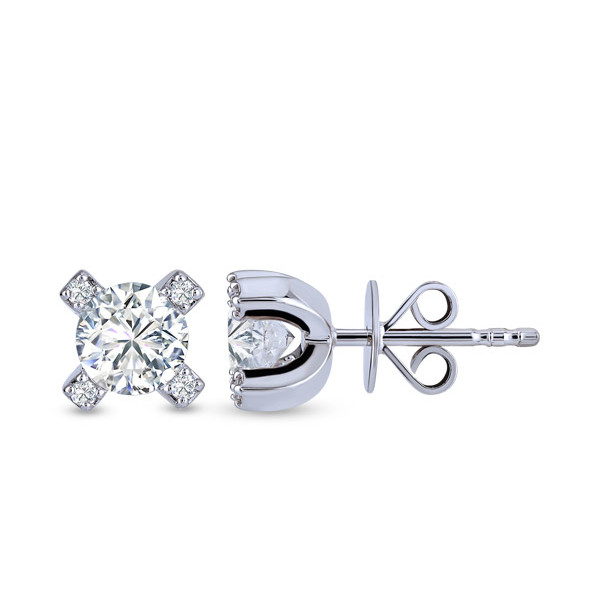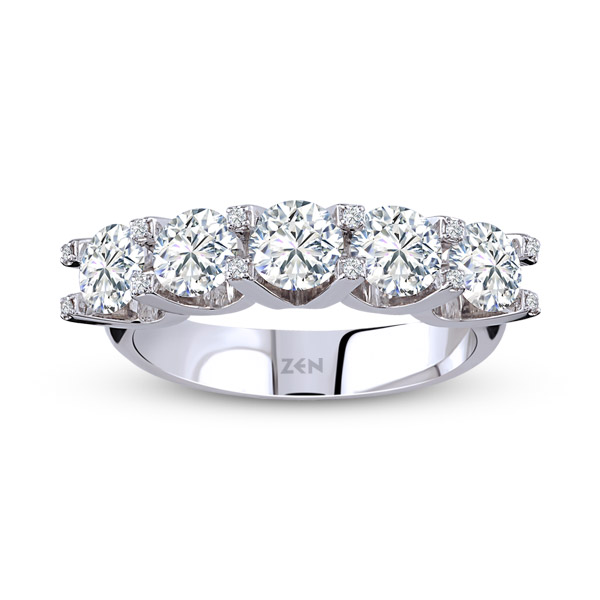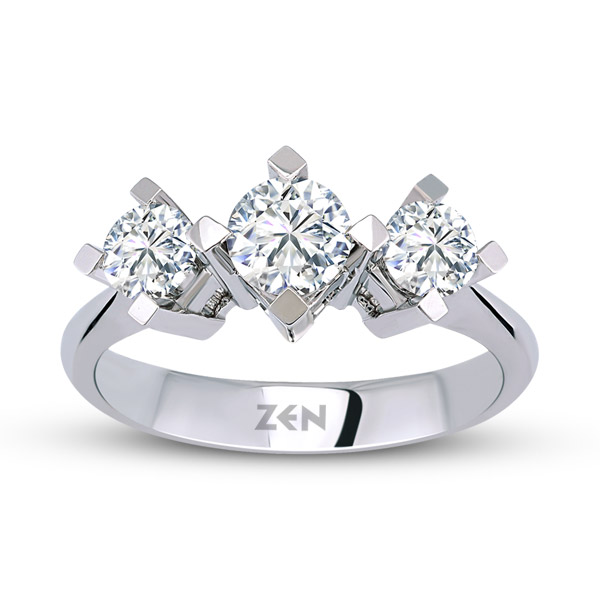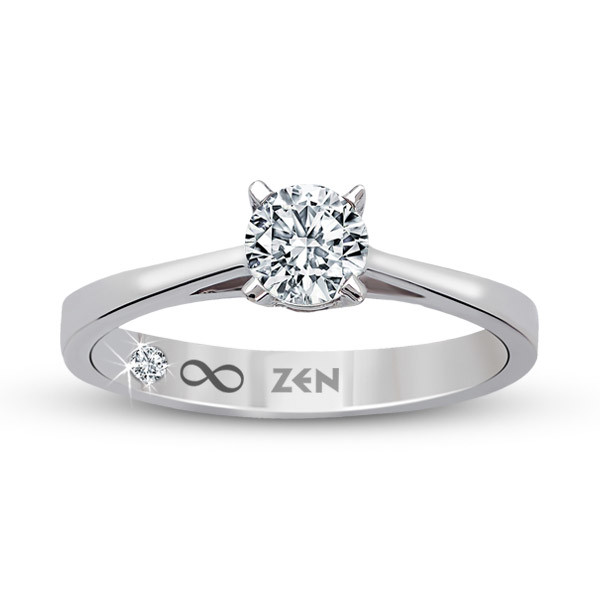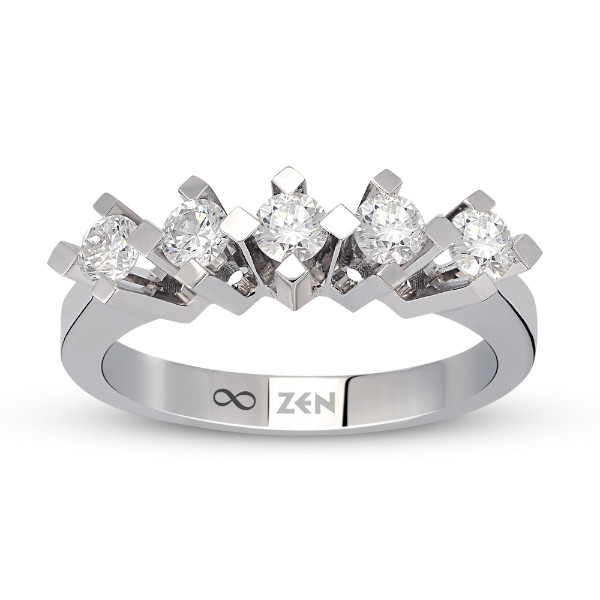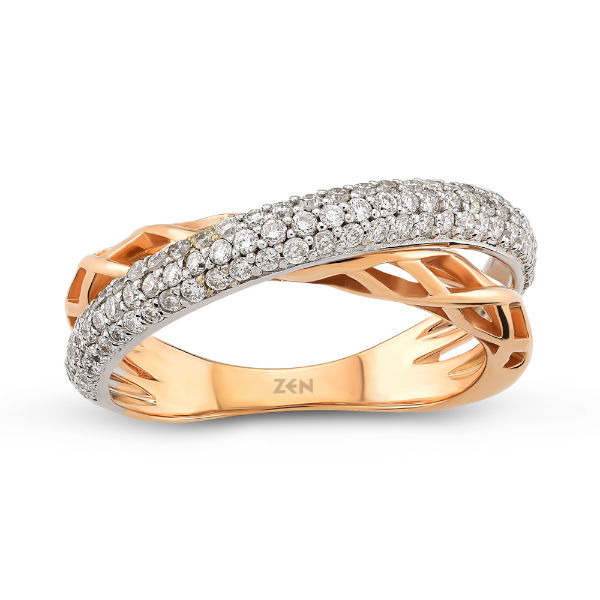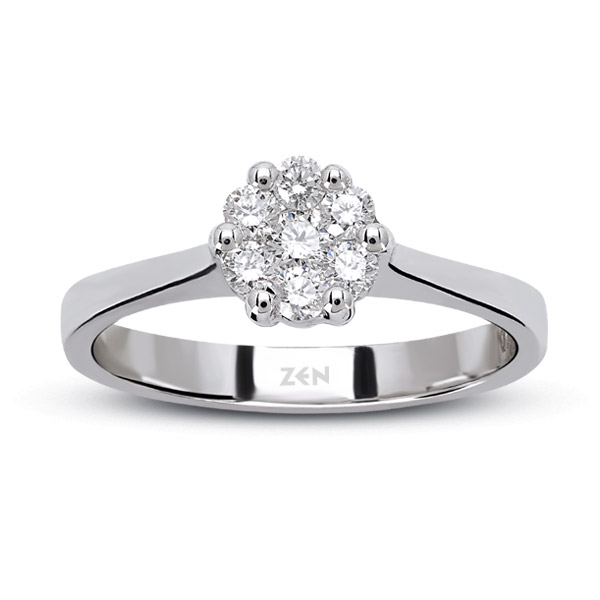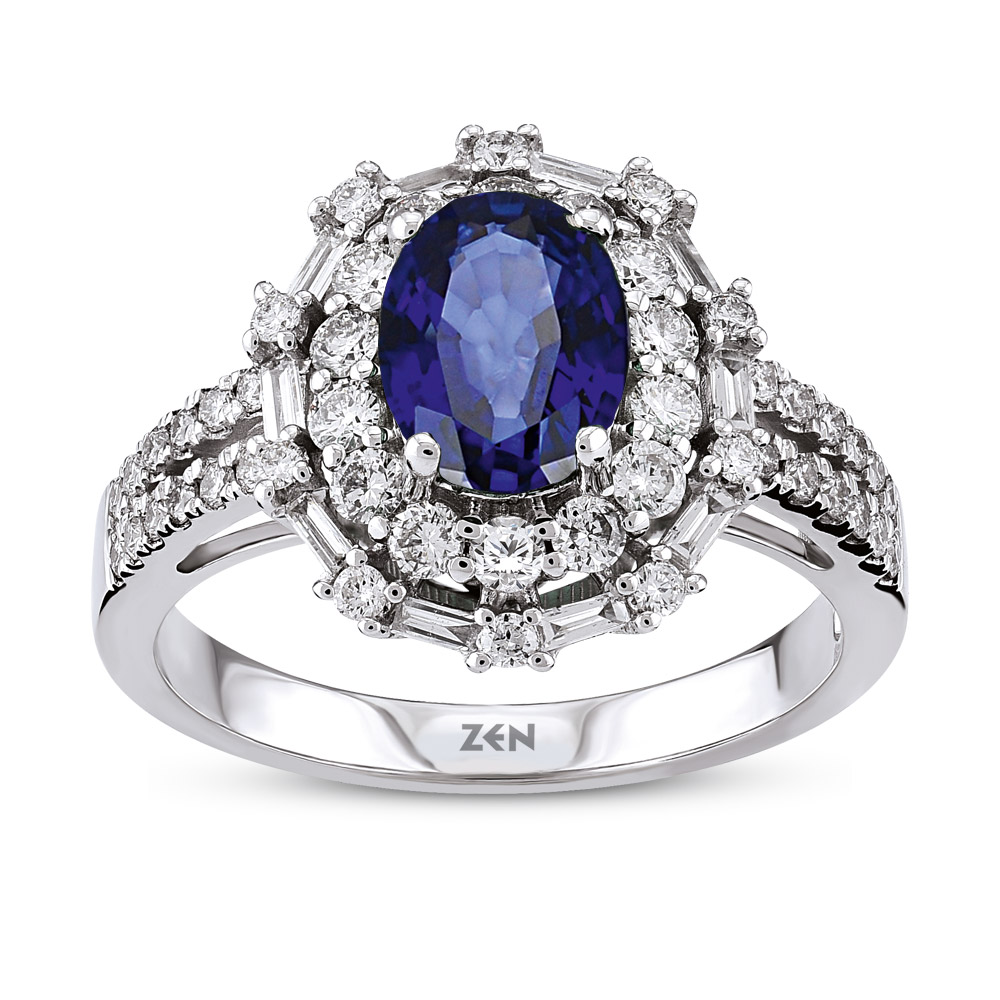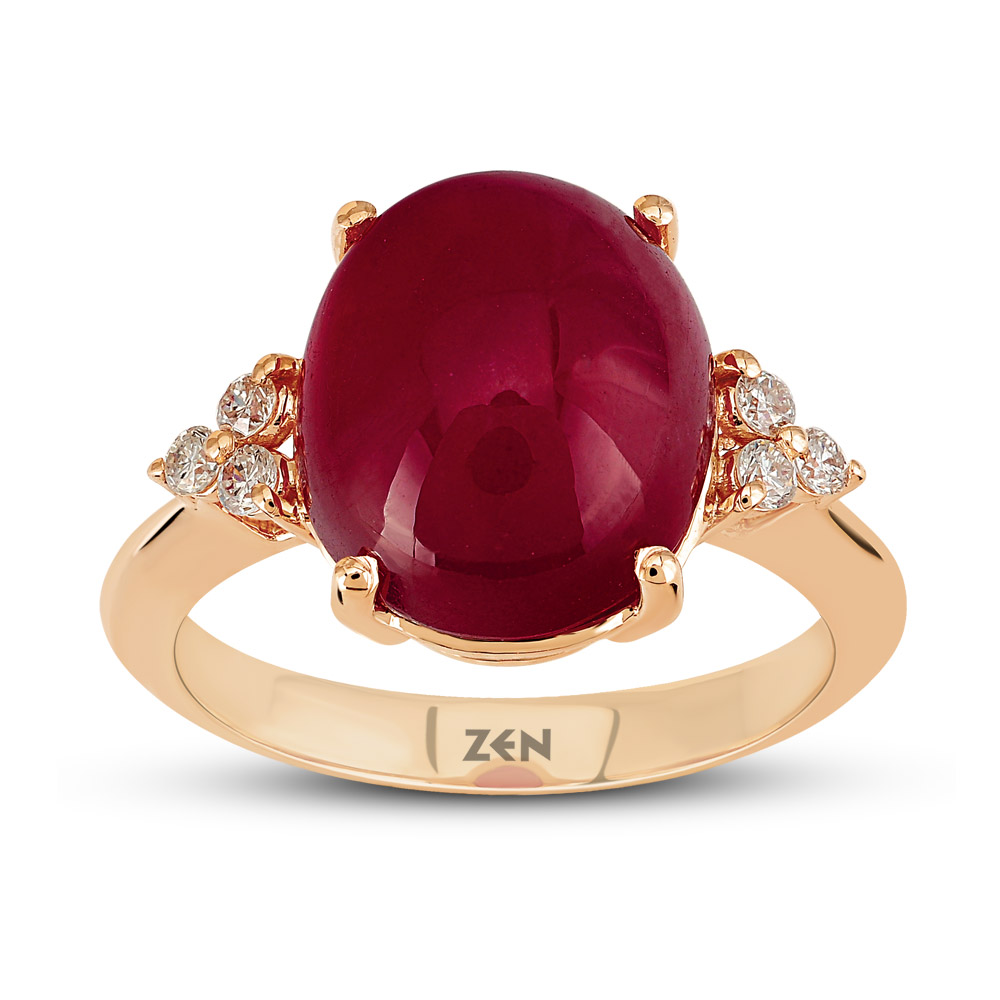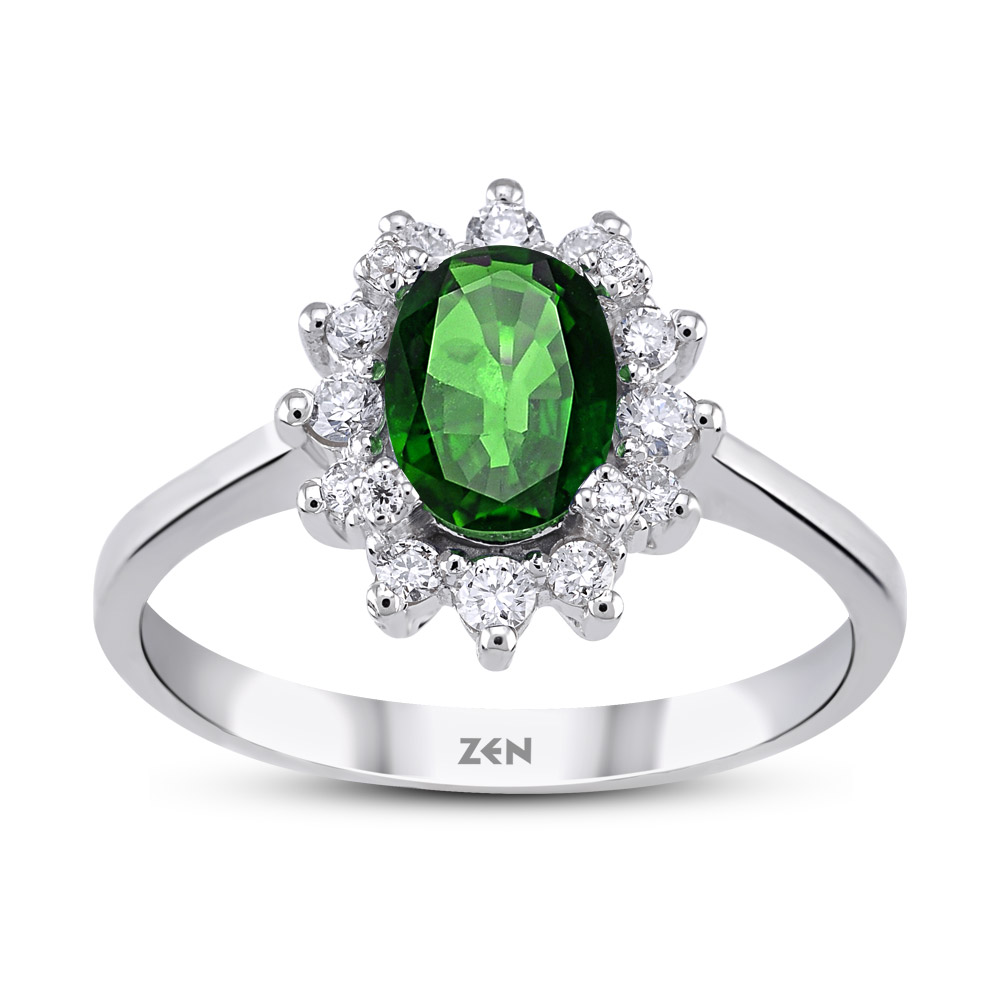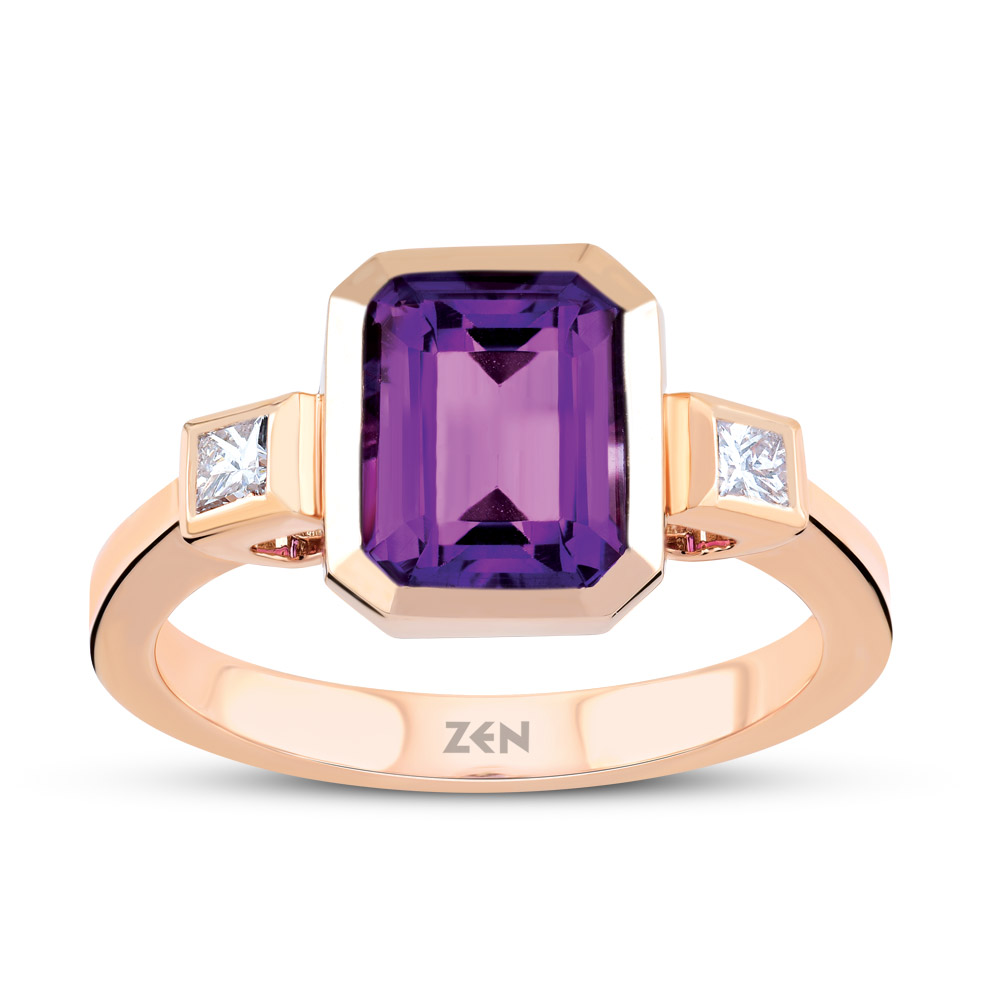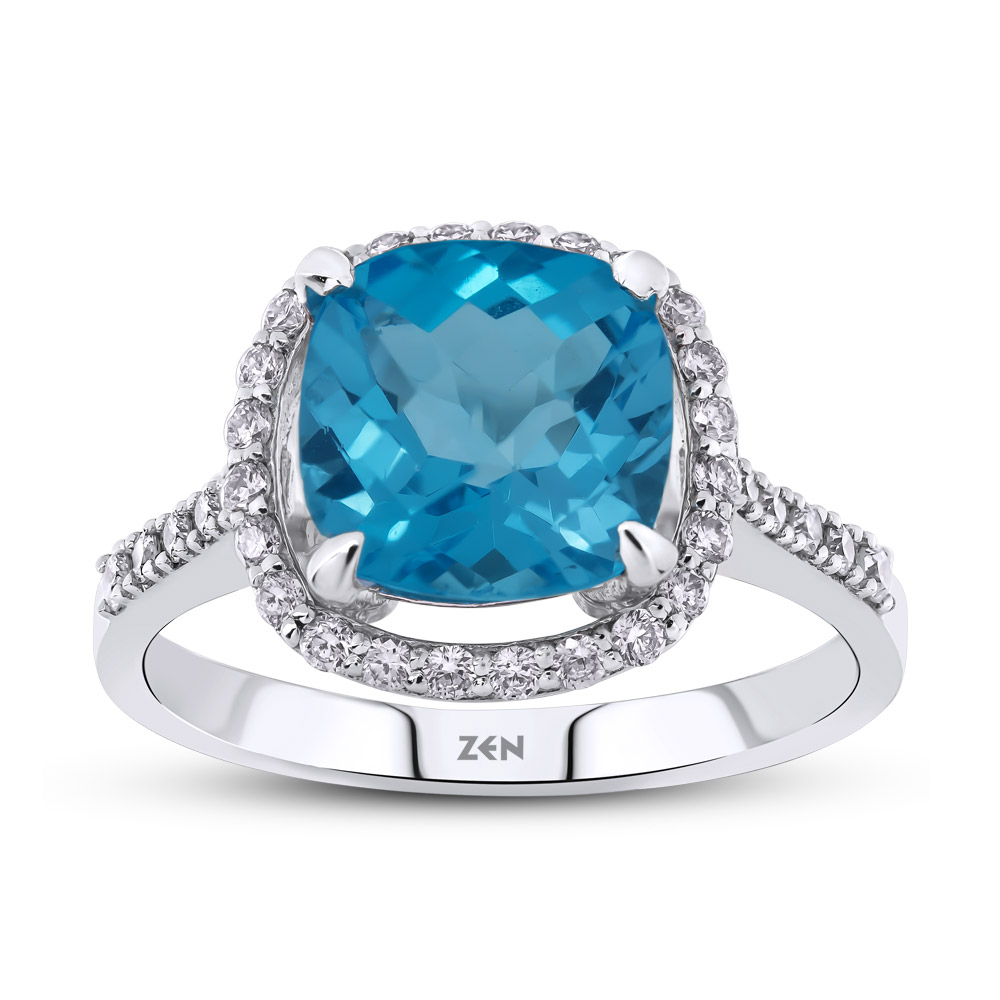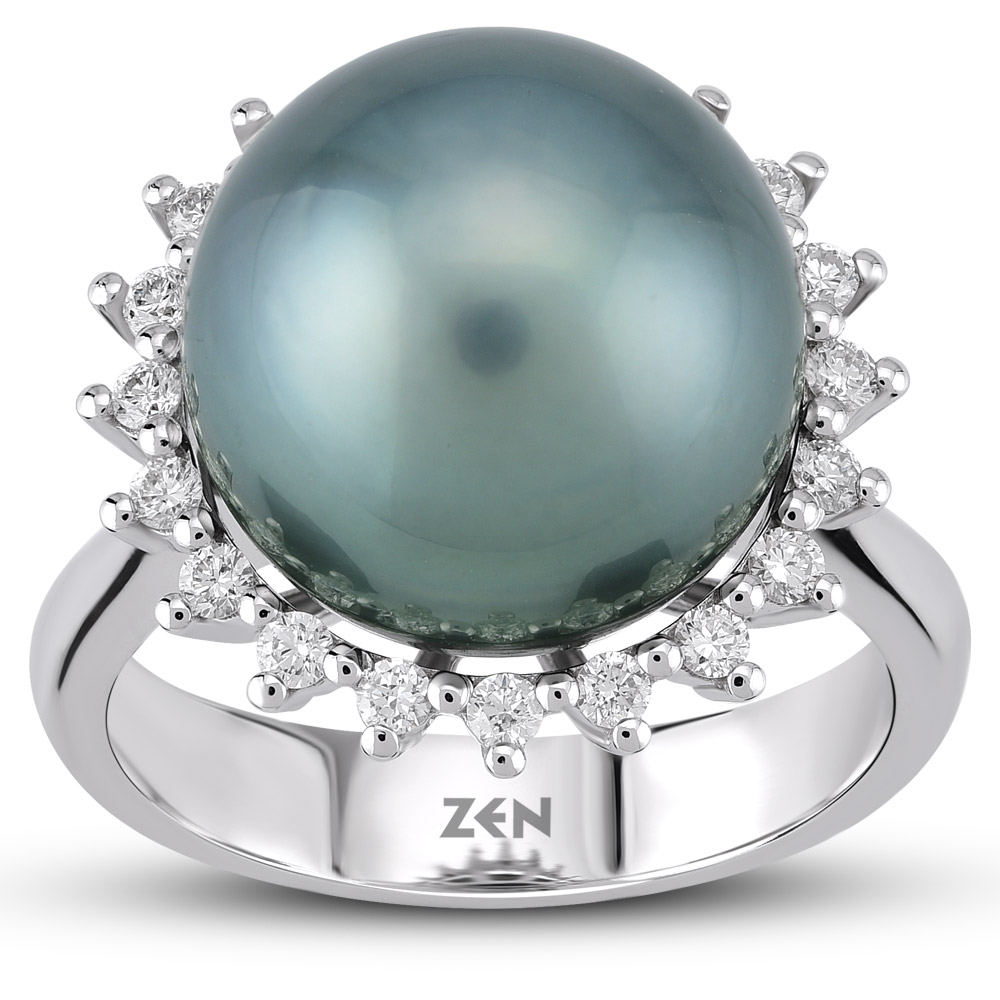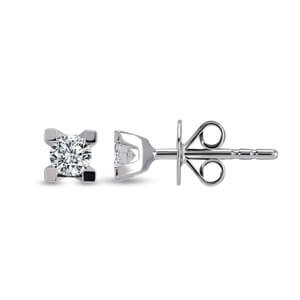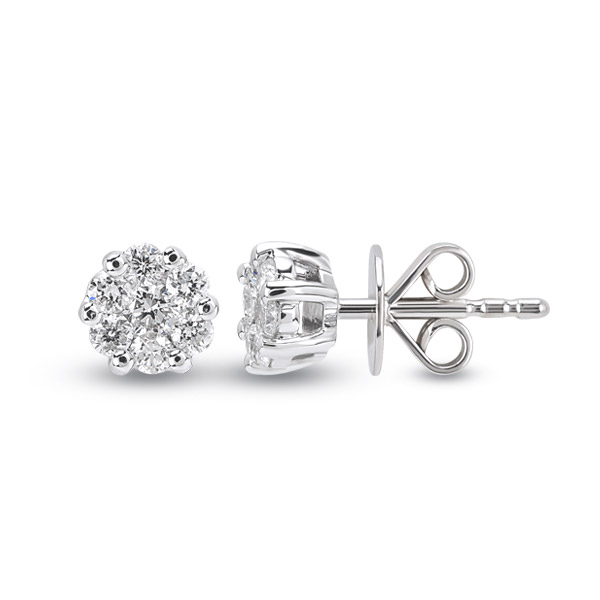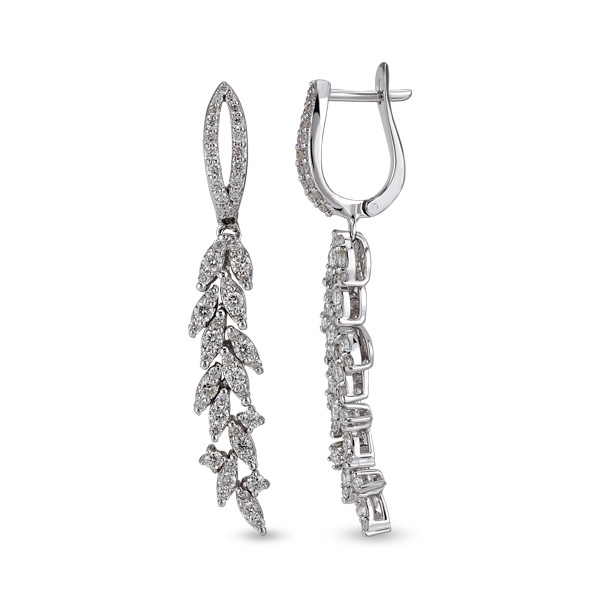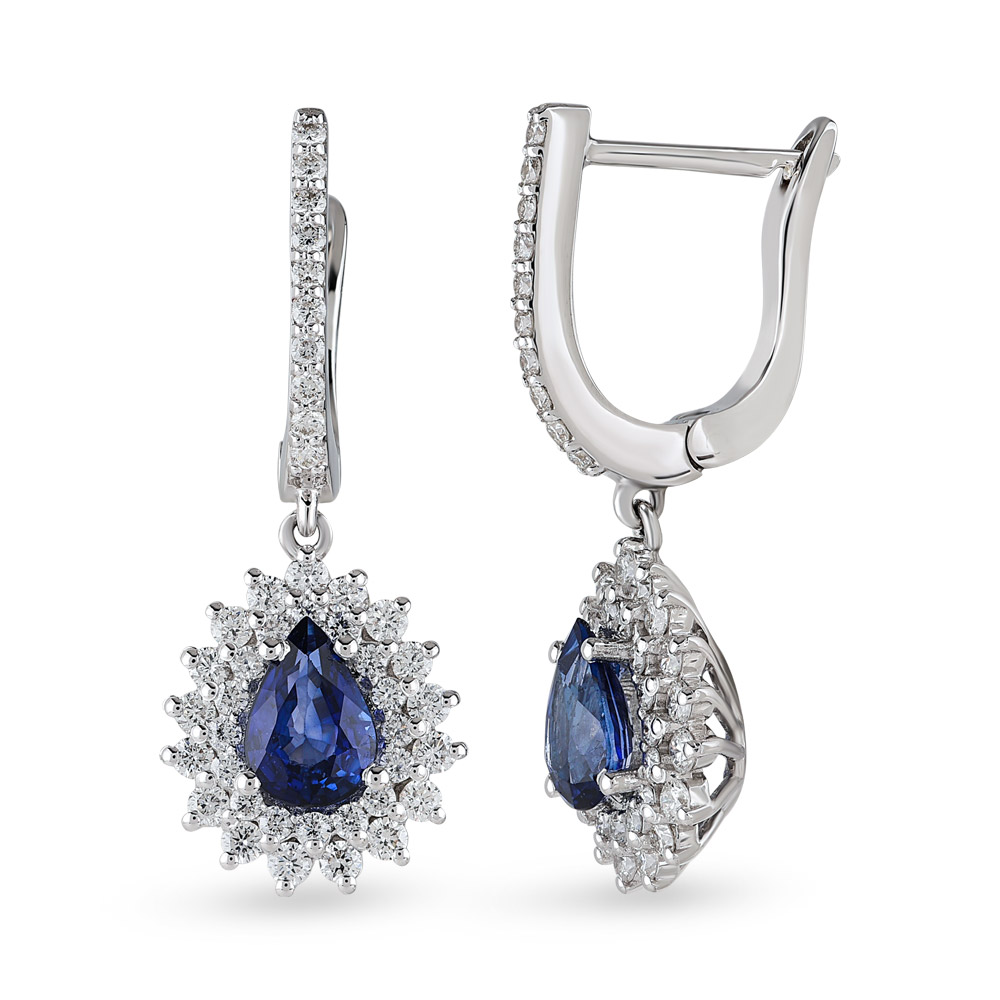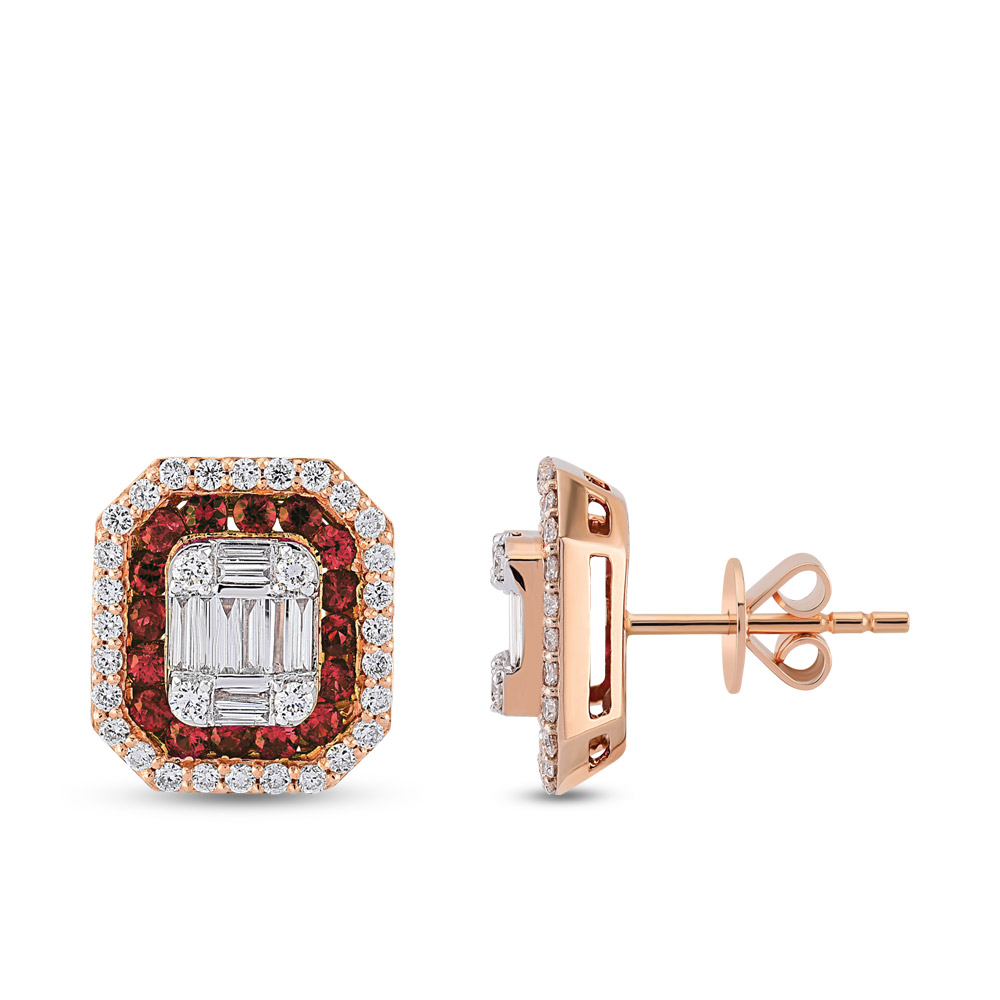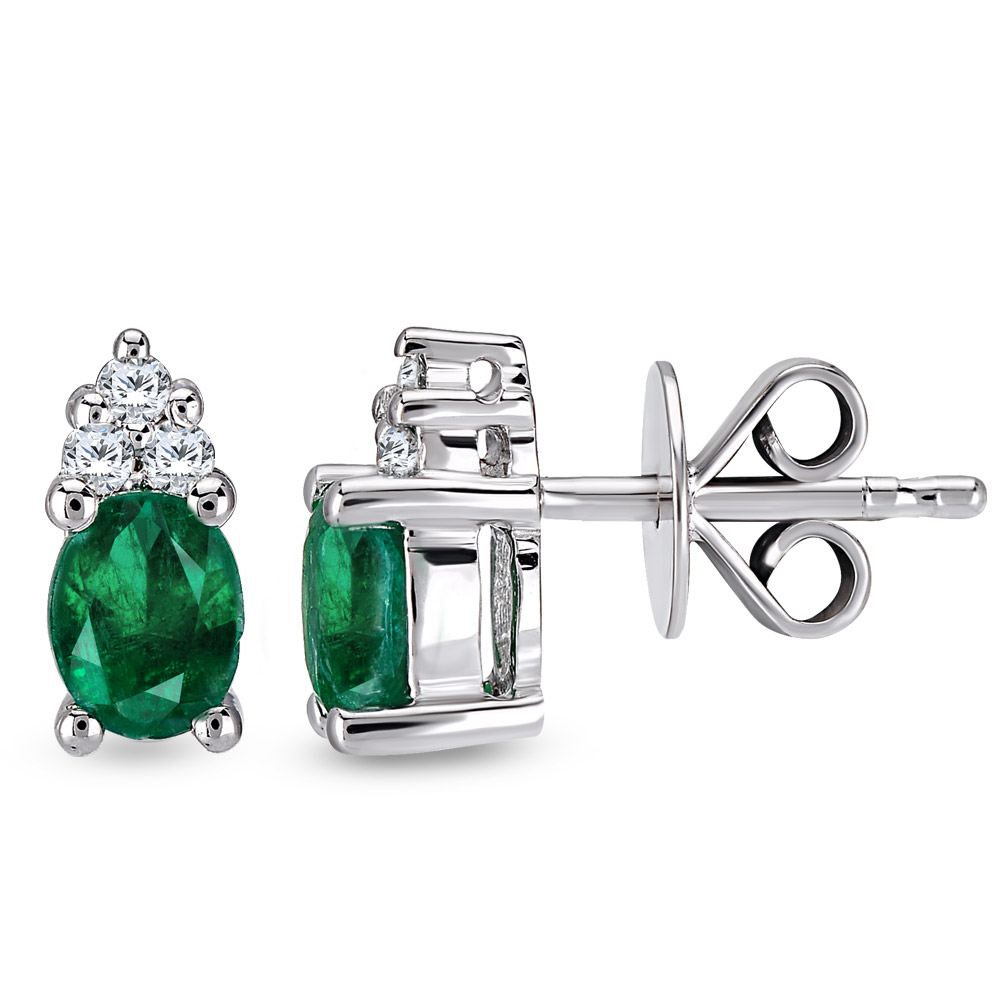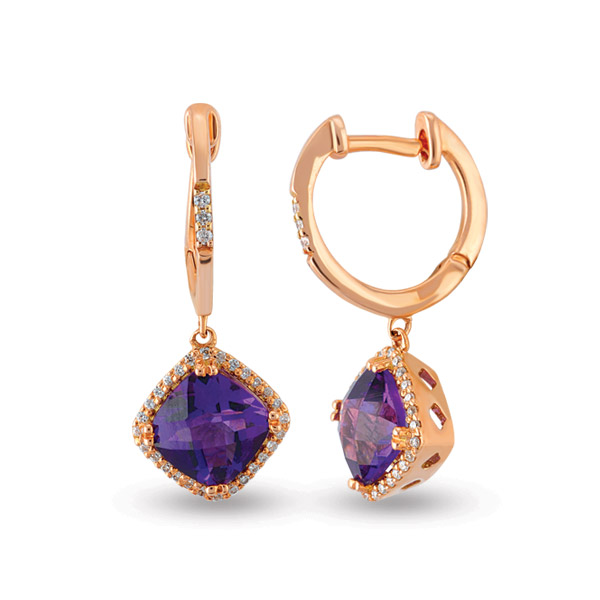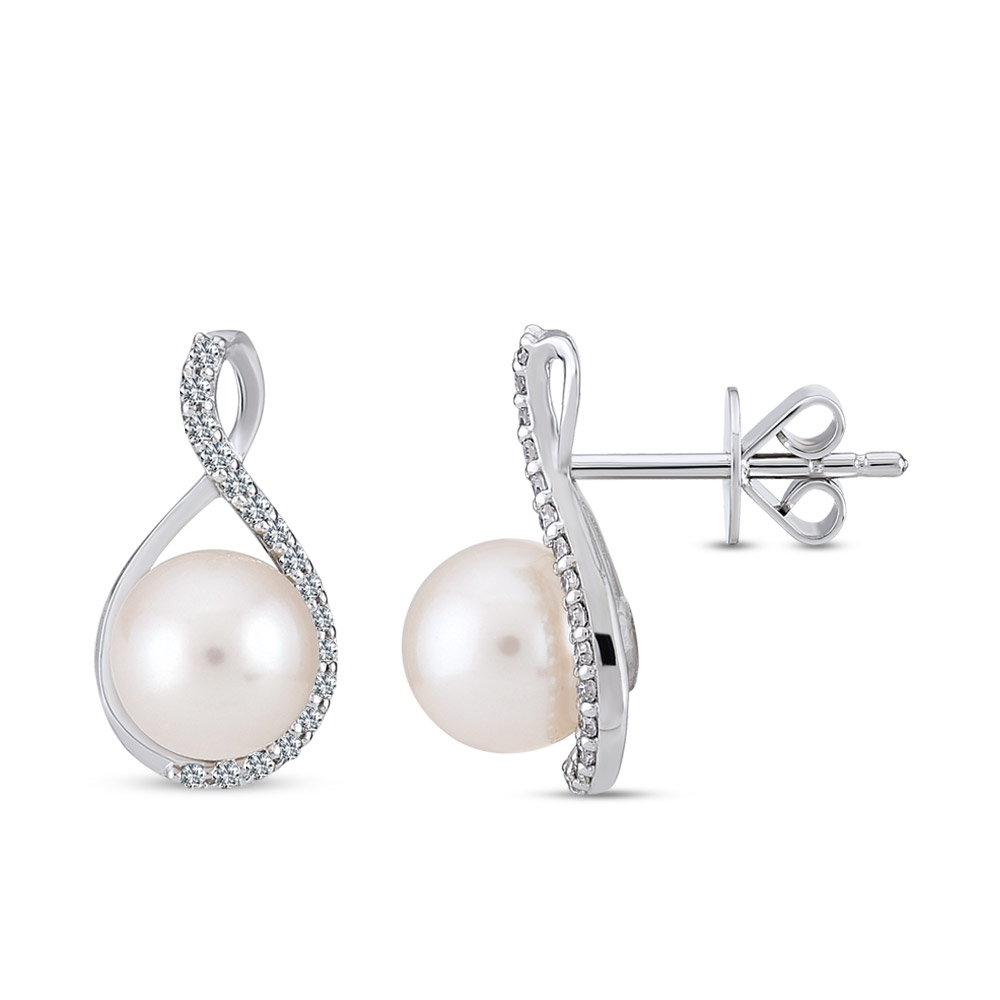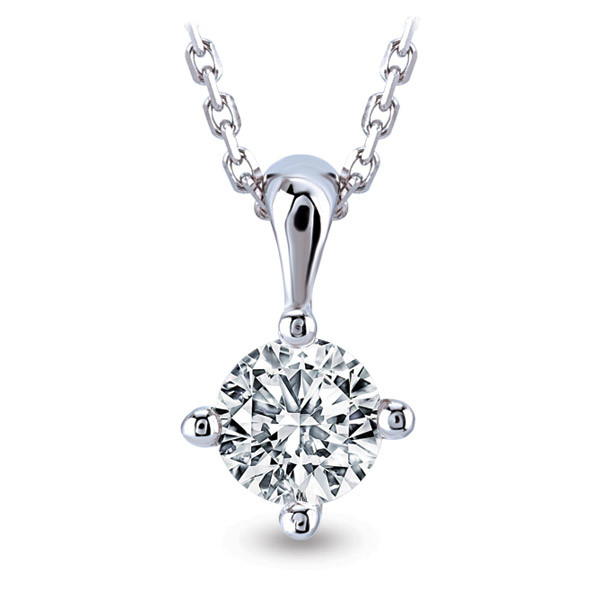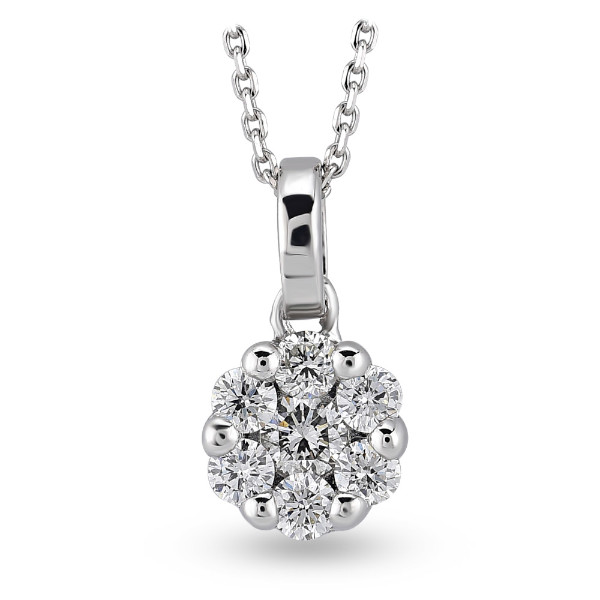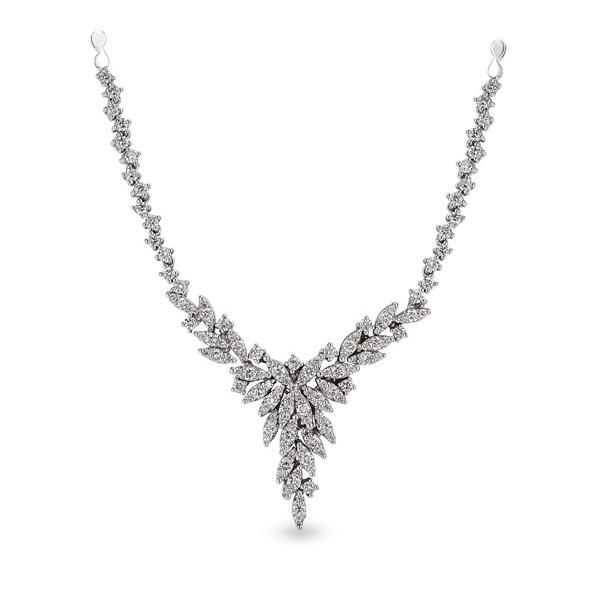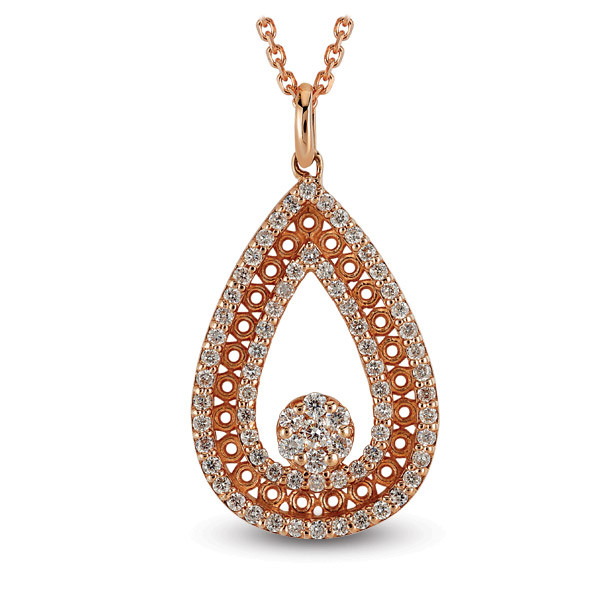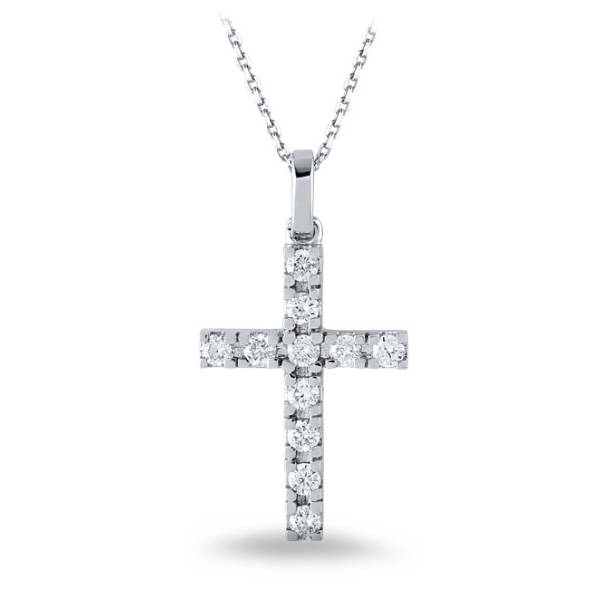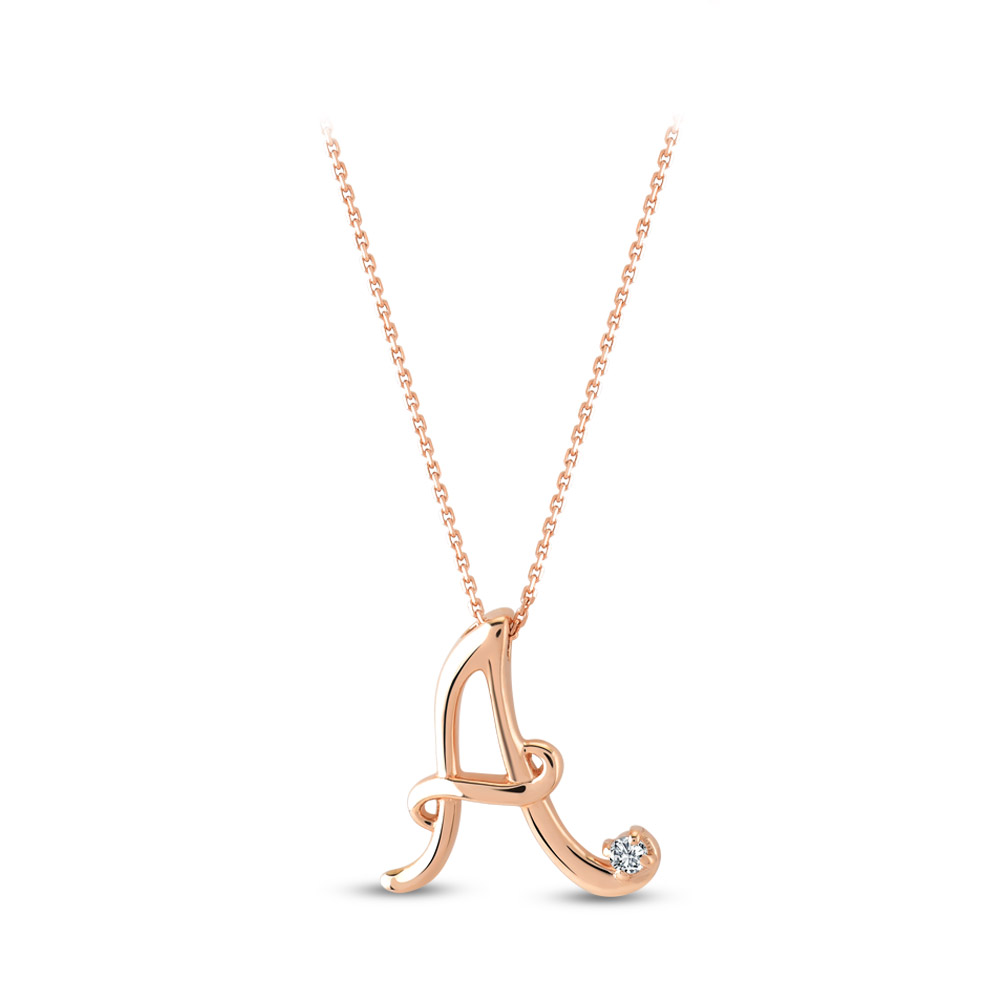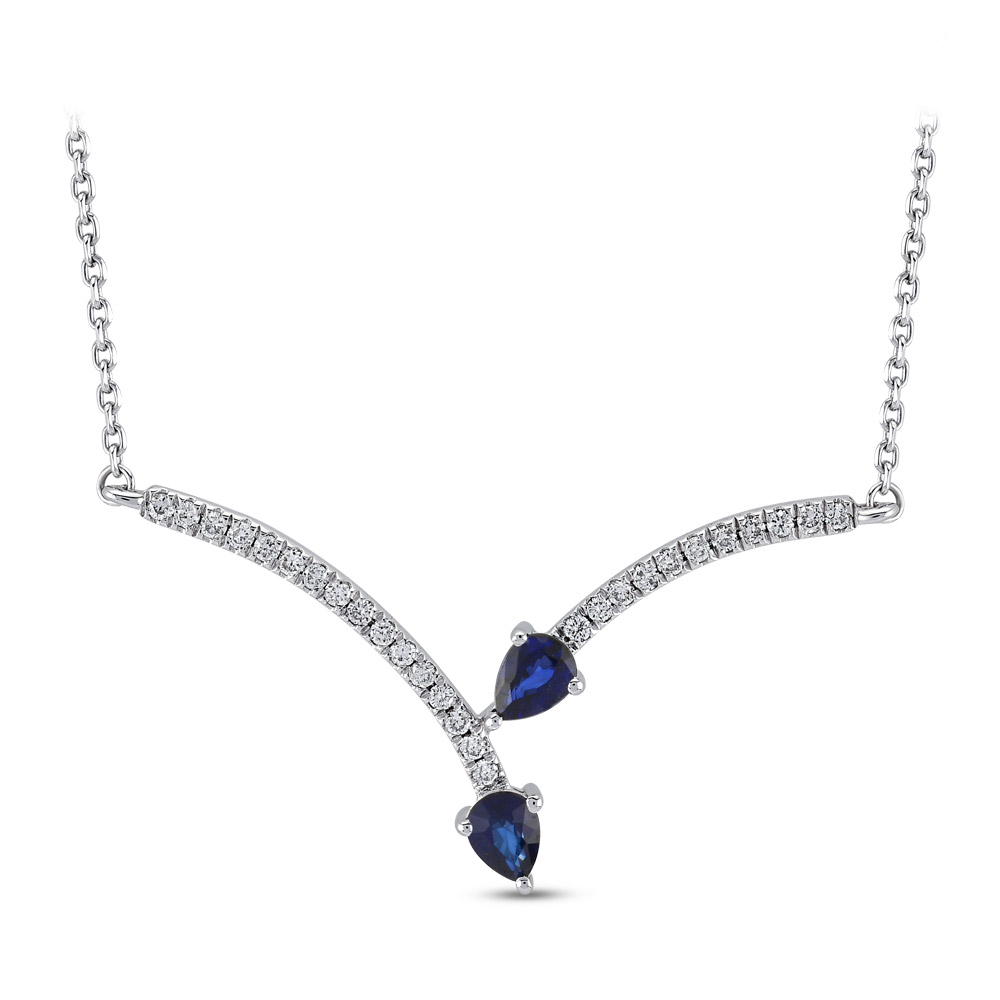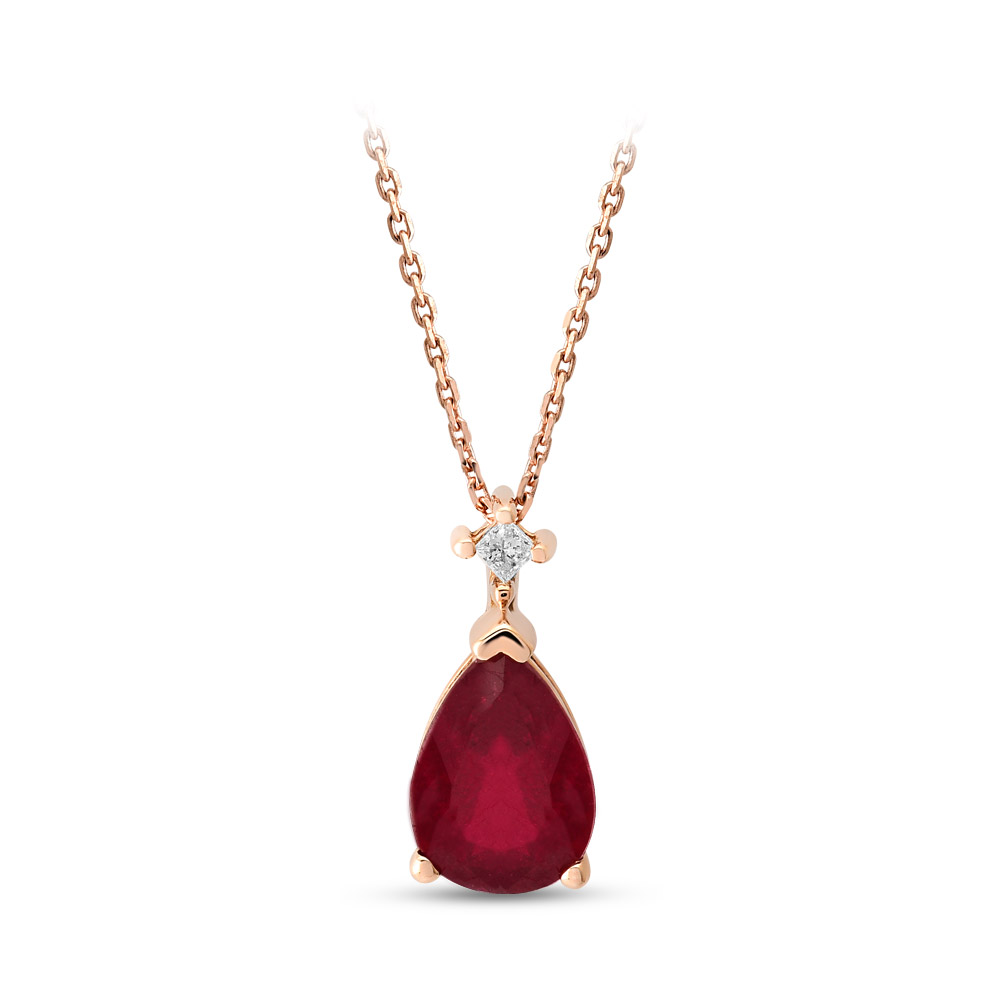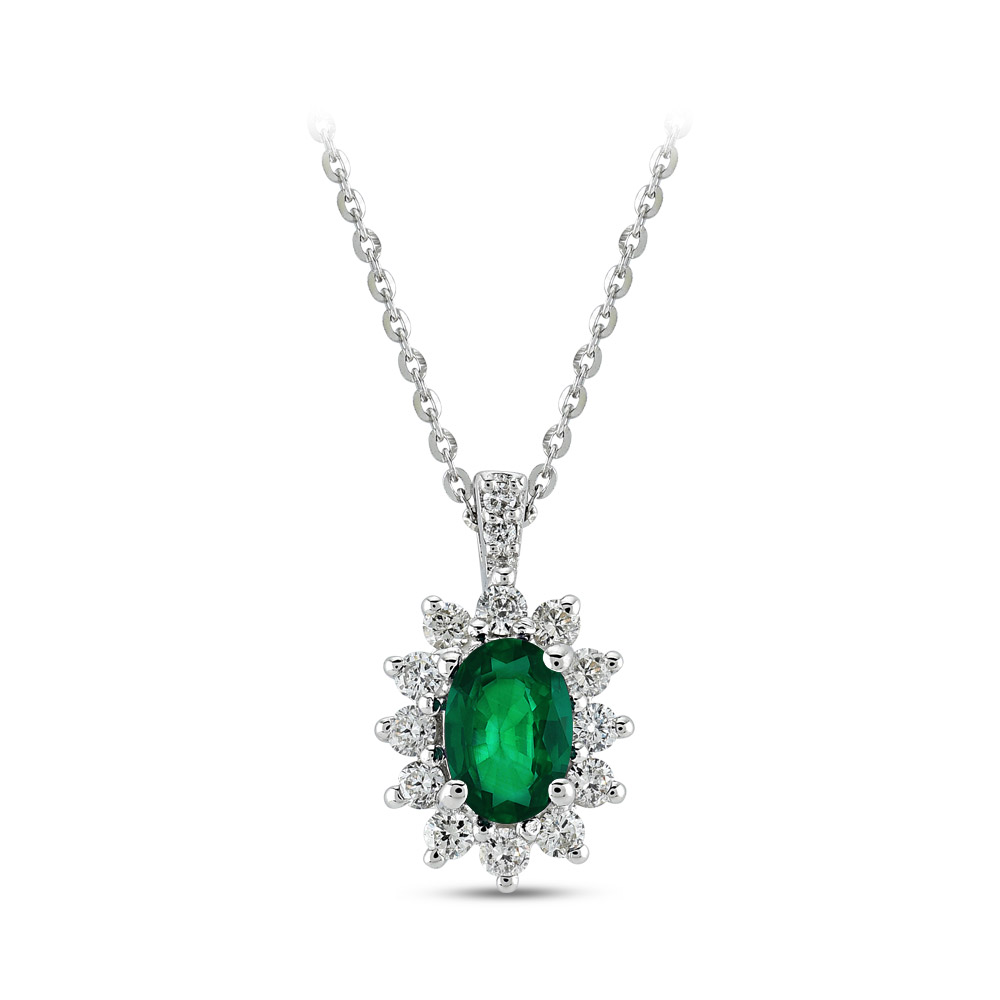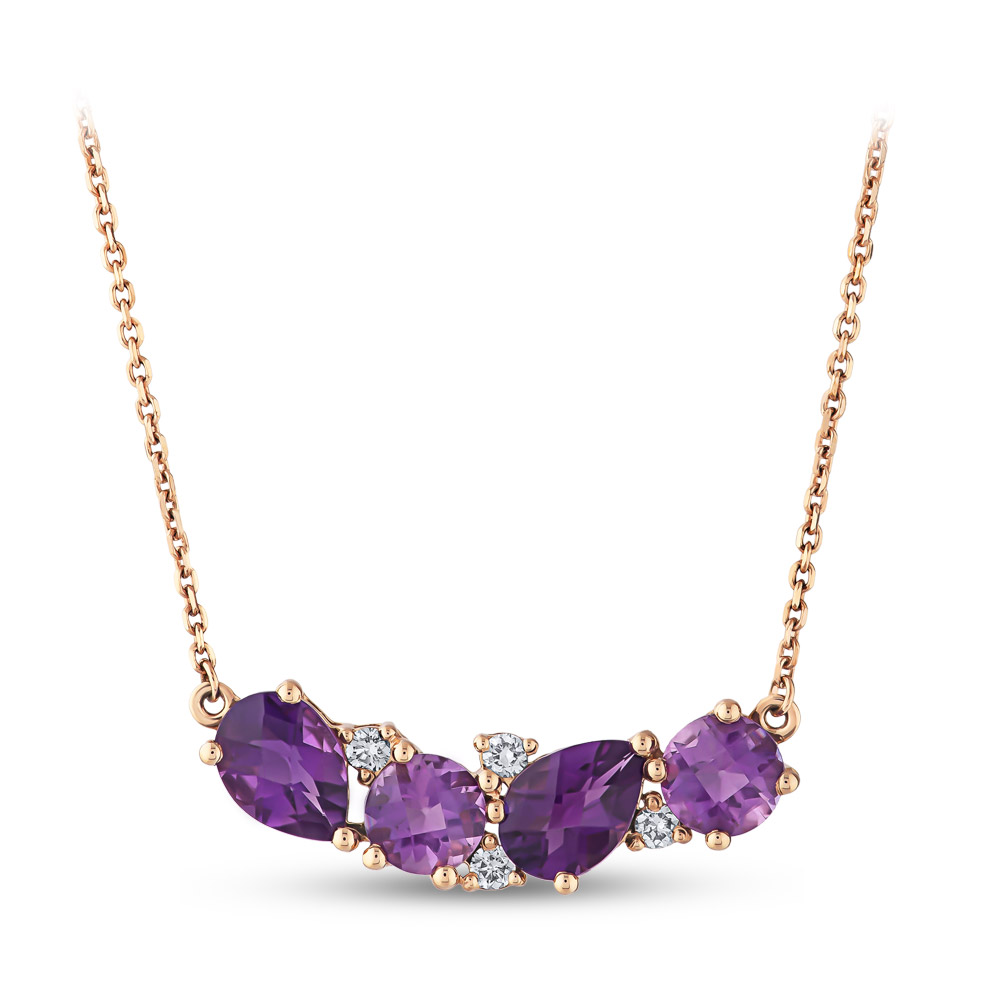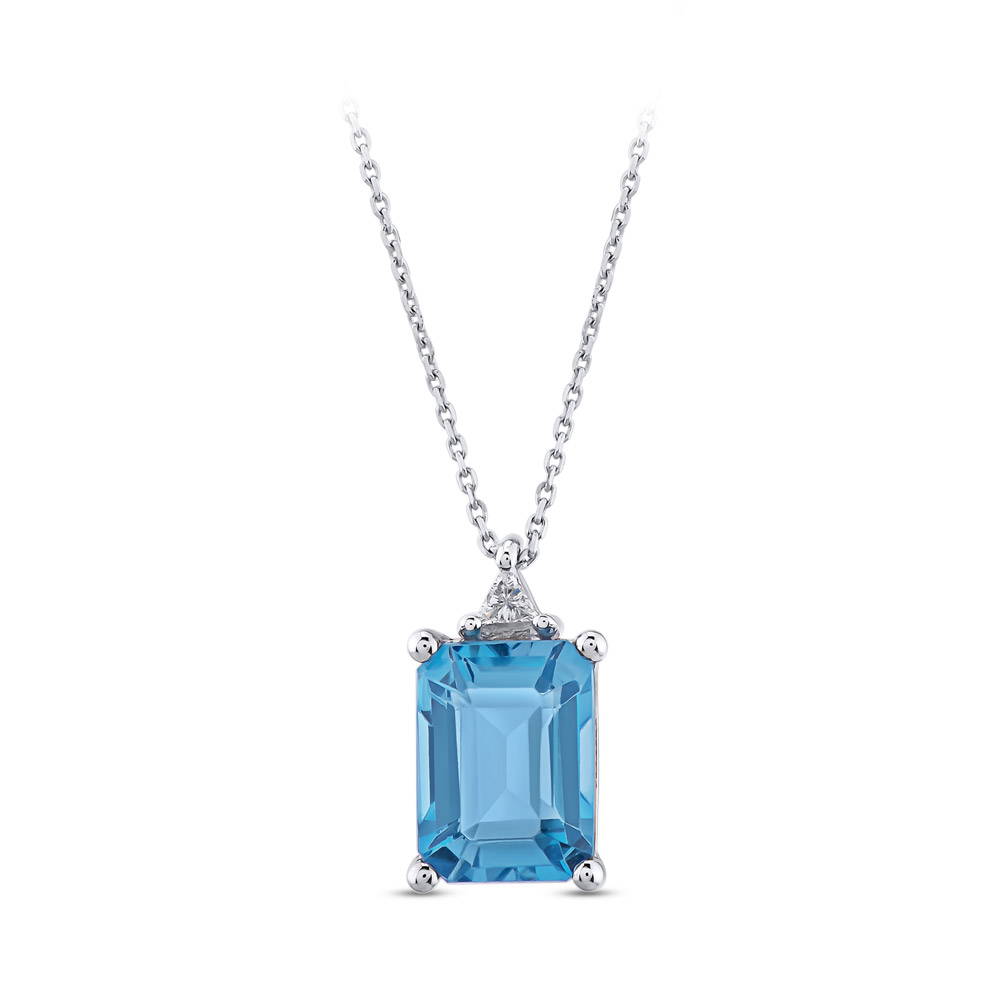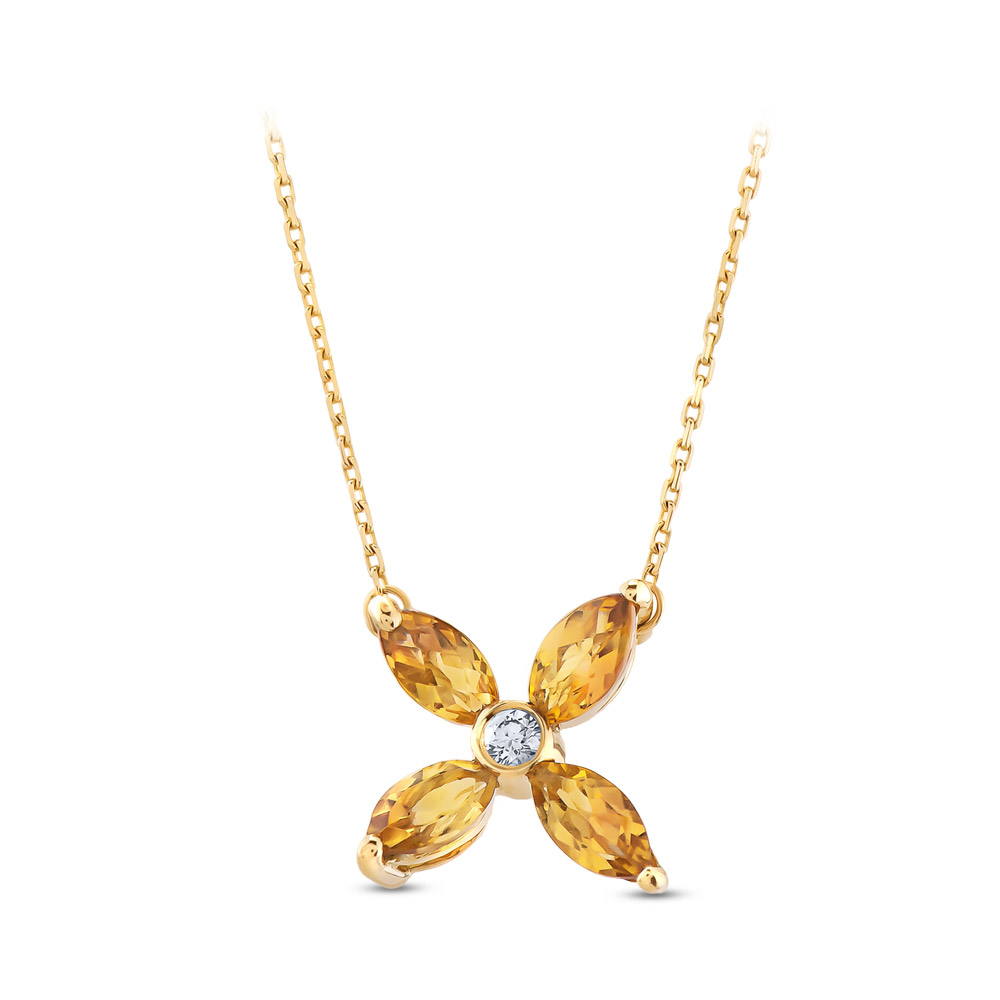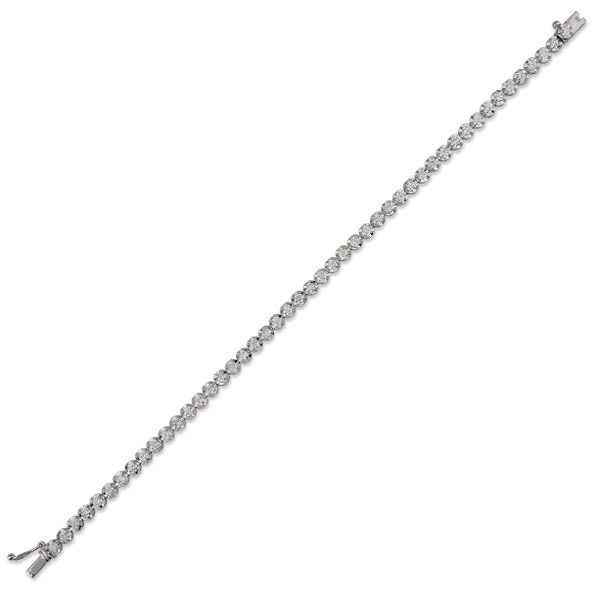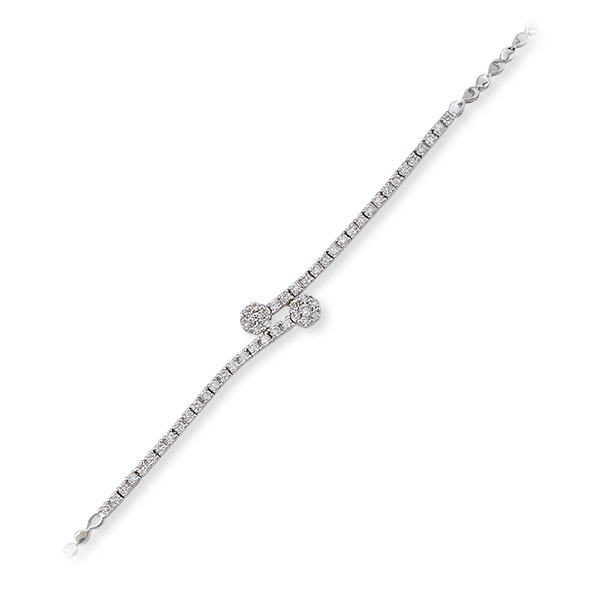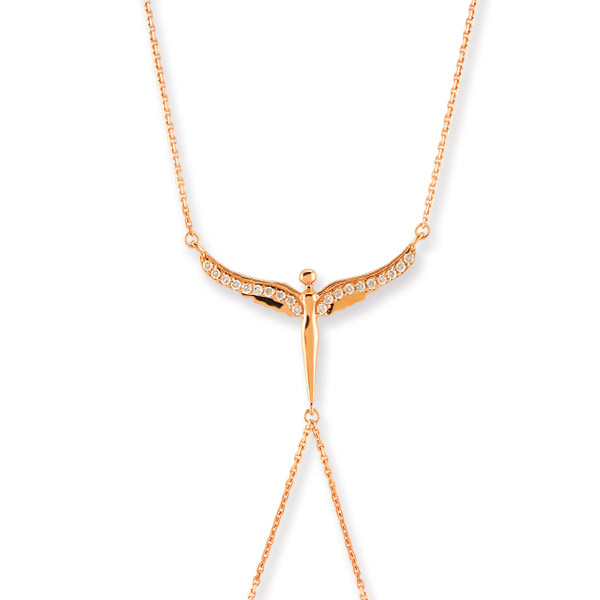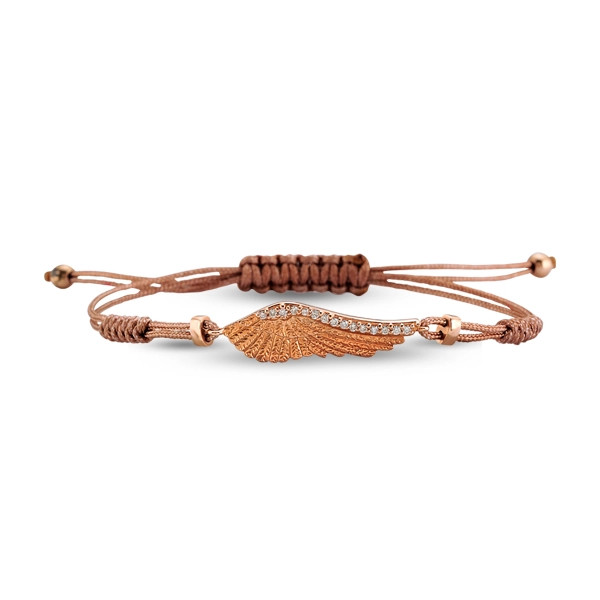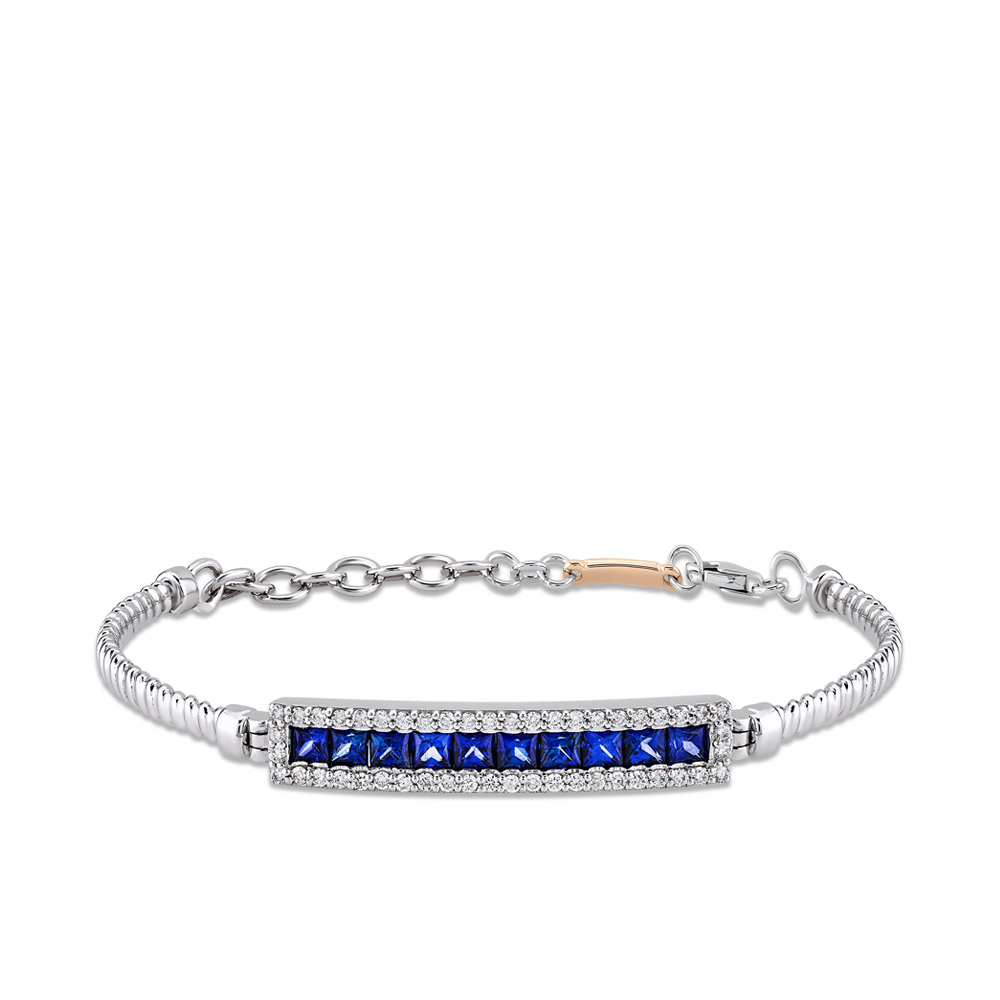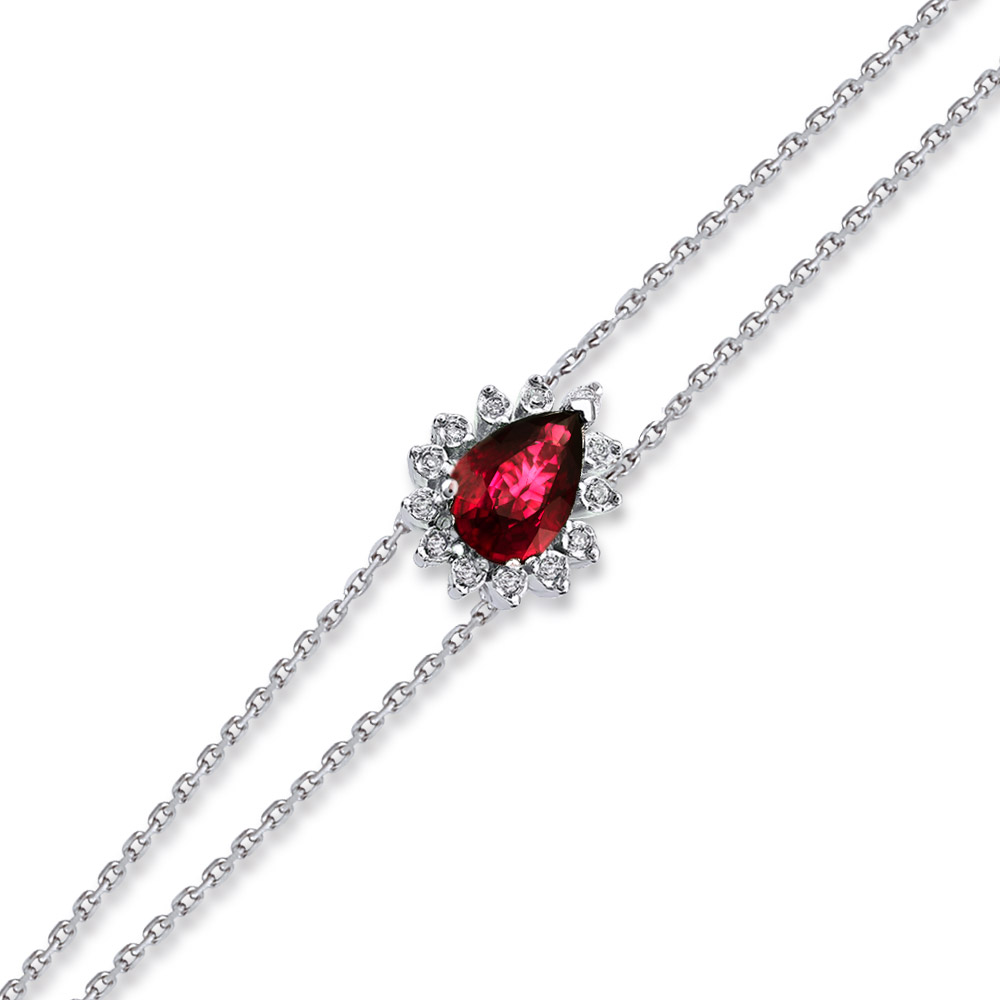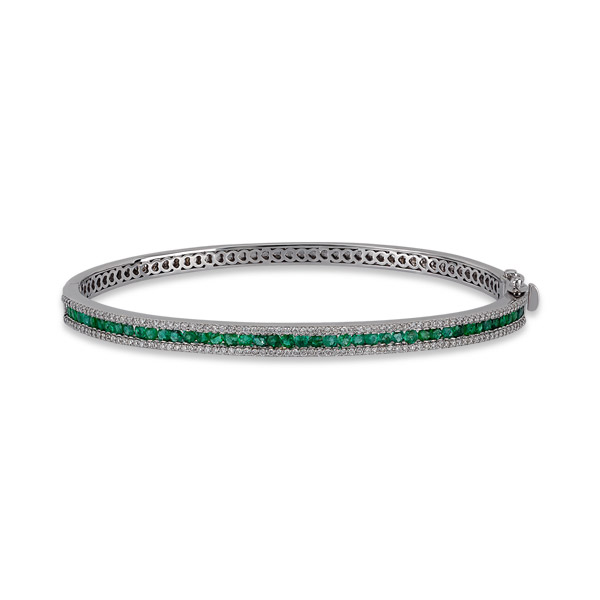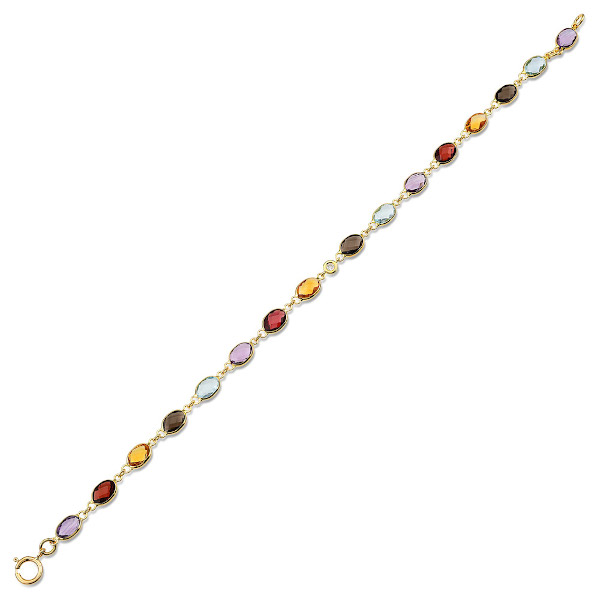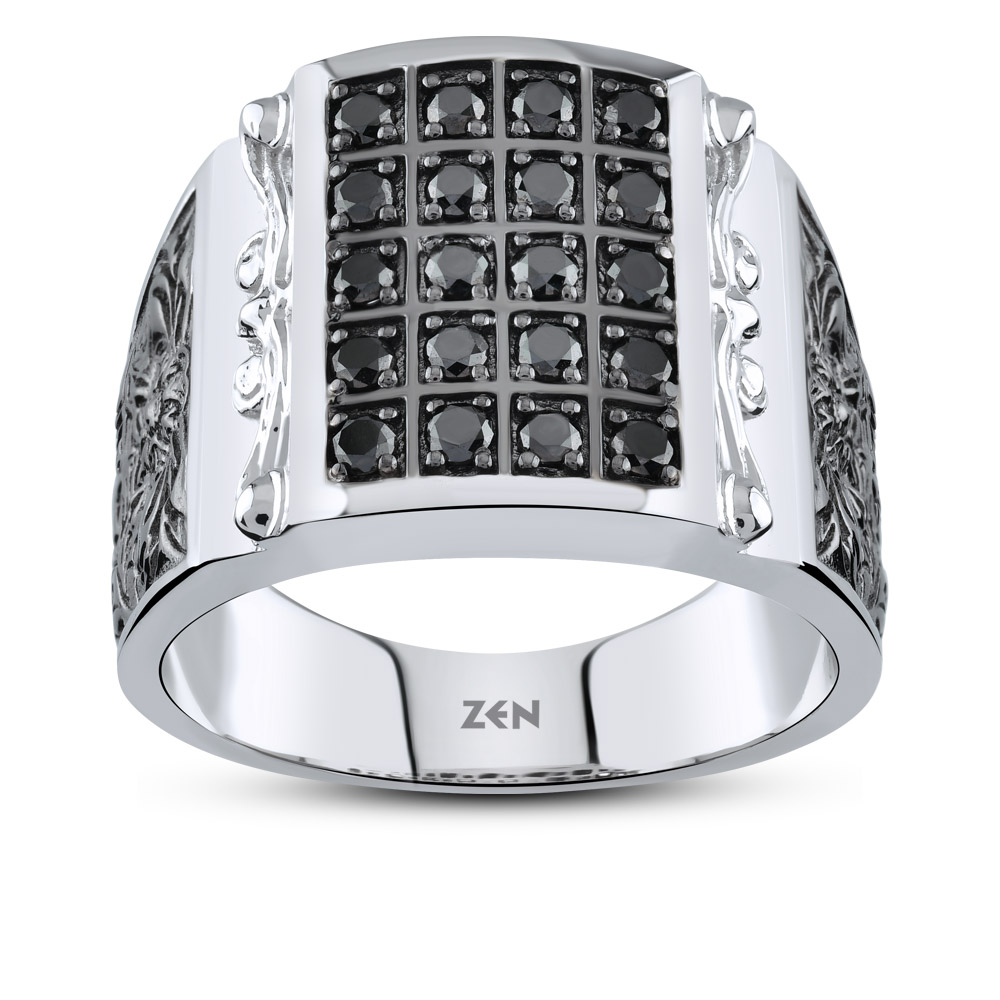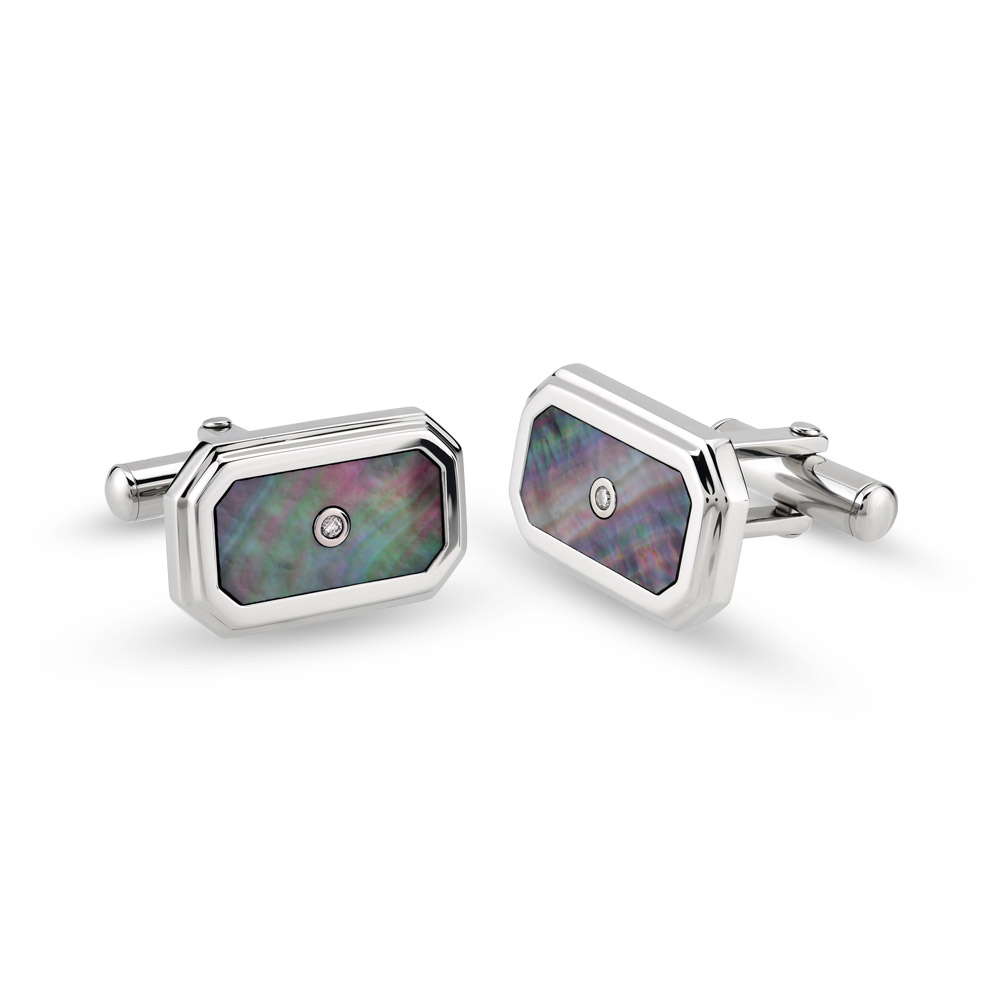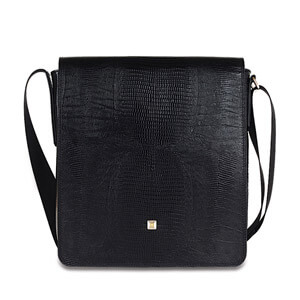Conflict-Free Diamonds
Our Commitment to Ethical Sourcing
At Zen Diamond, we are deeply committed to ensuring that every diamond we sell comes from conflict-free sources. From the beginning, we have held our suppliers to the highest standards of transparency, requiring them to prove the ethical origin of each diamond we receive.
The Zen Diamond Promise of Origin
- We only sell conflict-free diamonds.
- All suppliers must verify the ethical origin of every diamond they provide.
- We support the Kimberley Process, a global certification system that has helped make 99% of the world’s diamond trade conflict-free.
- We prioritize fair labor and social responsibility. Diamond mining provides livelihoods for over 10 million people globally, supporting local communities through education, infrastructure, and healthcare—especially across Africa.
What Is a Conflict Diamond?
A conflict diamond, also known as a blood diamond, is a diamond that has been illegally mined and used to finance armed conflict, particularly civil wars.
In the 1990s, up to 4% of global diamond trade consisted of conflict diamonds, funding brutal violence in certain regions. In response, global outcry led to a unified effort to bring ethical oversight to the industry.
The Kimberley Process
Established in 2002, the Kimberley Process Certification Scheme (KPCS) is a joint initiative between governments, the diamond industry, and NGOs. Its goal: eliminate the flow of conflict diamonds.
Today:
- 54 countries, including all major African diamond-producing nations, participate (with the EU counted as one).
- Compliance is monitored by the United Nations and implemented through international cooperation.
The Kimberley Process is not only a regulatory framework—it’s a symbol of the industry’s collective responsibility to promote peace, protect human rights, and ensure transparency.
Moving Forward
While the Kimberley Process has made tremendous strides, the conversation continues about expanding the definition of conflict diamonds to include broader human rights concerns. At Zen Diamond, we support ongoing efforts to strengthen industry standards and promote a truly sustainable and ethical future for diamond sourcing.
Certified Ethical Sourcing
Trade Only with Certificate of Origin
At Zen Diamond, we strictly follow international protocols to ensure that every diamond we offer is ethically sourced and fully traceable.
Secure & Certified Diamond Trade
According to the Kimberley Process, all rough diamonds traded across national borders must:
- Be transported in tamper-proof containers
- Be accompanied by a government-issued certificate of origin
- Only be shipped to Kimberley Process member countries
Importing diamonds without this certification is strictly prohibited in all participating countries. In addition, member states are required to enforce internal controls to prevent illegal trade within their borders.
System of Guarantees
Beyond the Kimberley Process, a “System of Guarantees” requires that:
- Every supplier must provide written confirmation of the conflict-free origin of the diamonds.
- This documentation accompanies each transaction across the supply chain.
Exclusively Conflict-Free Diamonds at Zen Diamond
At Zen Diamond, we are in active, ongoing dialogue with all our suppliers and trading partners to ensure:
- Full compliance with the Kimberley Process
- Only conflict-free diamonds enter our production
Today, over 99% of all diamonds traded globally come from conflict-free sources—and we’re committed to making that number 100%.
Through our full participation in the System of Guarantees, we offer our customers peace of mind:
Every Zen Diamond piece contains only ethically sourced, certified diamonds.
The Kimberley Process & Ethical Supply Chain
The global diamond supply chain is built on strict oversight:
- Industry leaders De Beers and Alrosa supply over 75% of the world's rough diamonds
- Rough stones are sold to a select group of licensed contractors known as Sightholders
- These certified dealers cut, polish, and distribute diamonds to manufacturers—like ours—who then craft them into fine jewelry for retail
All stakeholders in this chain are committed to upholding the standards of the Kimberley Process, including:
✅ Certification of origin
✅ International ethical standards
✅ Zero tolerance for child labor or exploitation
Impact of the Kimberley Process on the Diamond Trade
Launched in May 2000, the Kimberley Process Certification Scheme (KPCS) was established to prevent the trade of conflict diamonds—rough diamonds used to finance armed conflicts—by enforcing a state-regulated system of certification.
Global Participation
Today, the Kimberley Process includes:
- 54 participants, representing 80 countries
- The European Union as a single participant on behalf of its member states
- Broad cooperation among governments, the diamond industry, and NGOs (non-governmental organizations)
The chairmanship rotates annually, promoting shared responsibility among member states.
How the Kimberley Process Works
To become a Kimberley Process participant, a country must meet specific criteria, including:
- Enacting the Kimberley Process regulations into national law
- Establishing enforcement and monitoring authorities
- Submitting regular official trade statistics
Trade in rough diamonds is only permitted:
- Between participating countries
- When accompanied by a valid certificate of origin, confirming the shipment is conflict-free
This ensures that only legally sourced and ethically certified diamonds enter the international market.
Progress & Ongoing Developments
Thanks to the Kimberley Process:
- Compliance has improved significantly across key diamond-producing regions
- Countries failing to meet the required standards are suspended from trading rough diamonds until further notice
Ongoing goals of the Kimberley Process include:
- Increasing transparency in diamond production
- Enhancing regulation of mining and trade
- Eliminating illegal trafficking
- Supporting fair working conditions and livelihoods for miners
At Zen Diamond, we support and comply with the Kimberley Process to ensure that all our diamonds are ethically sourced and conflict-free—giving you peace of mind with every purchase.

